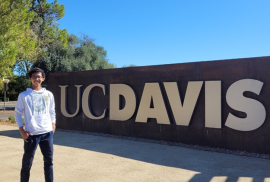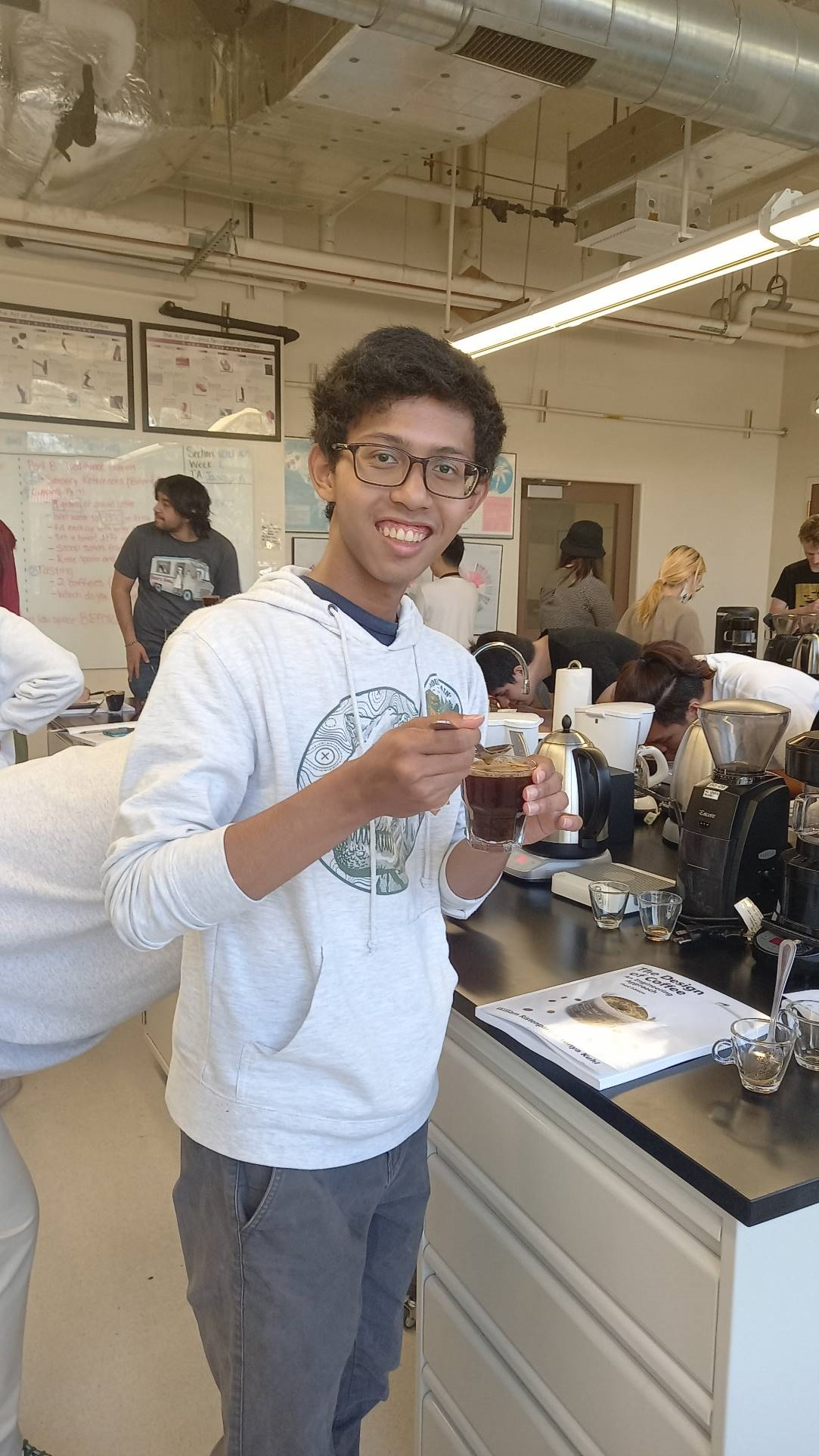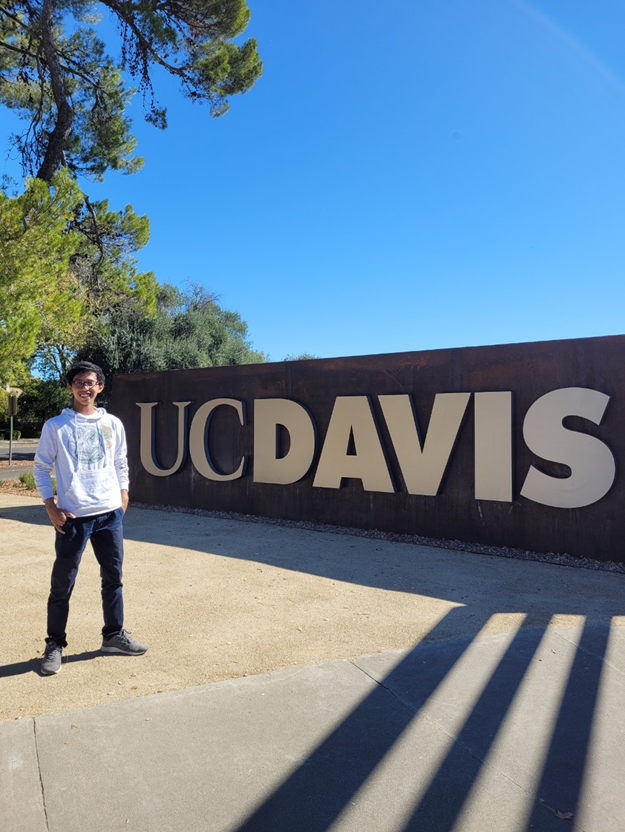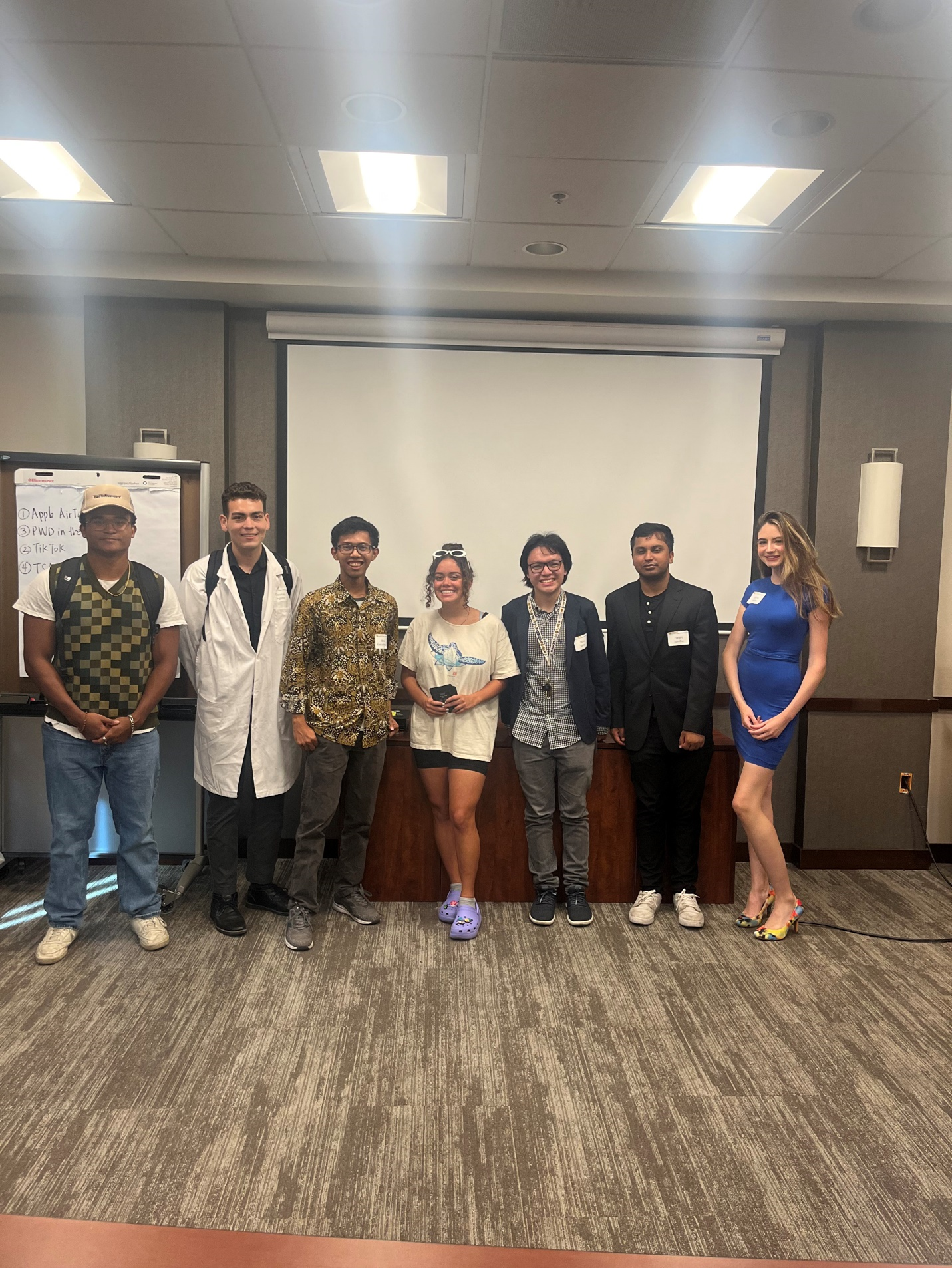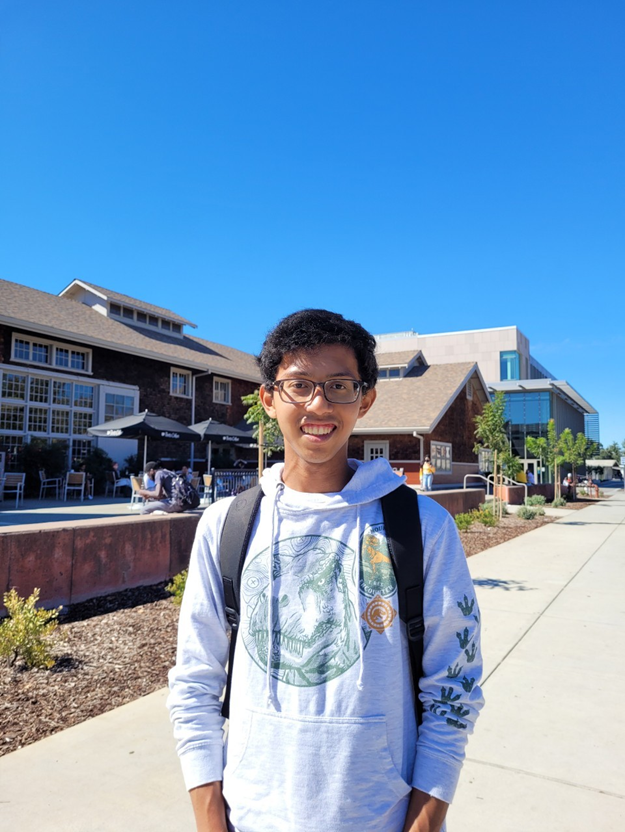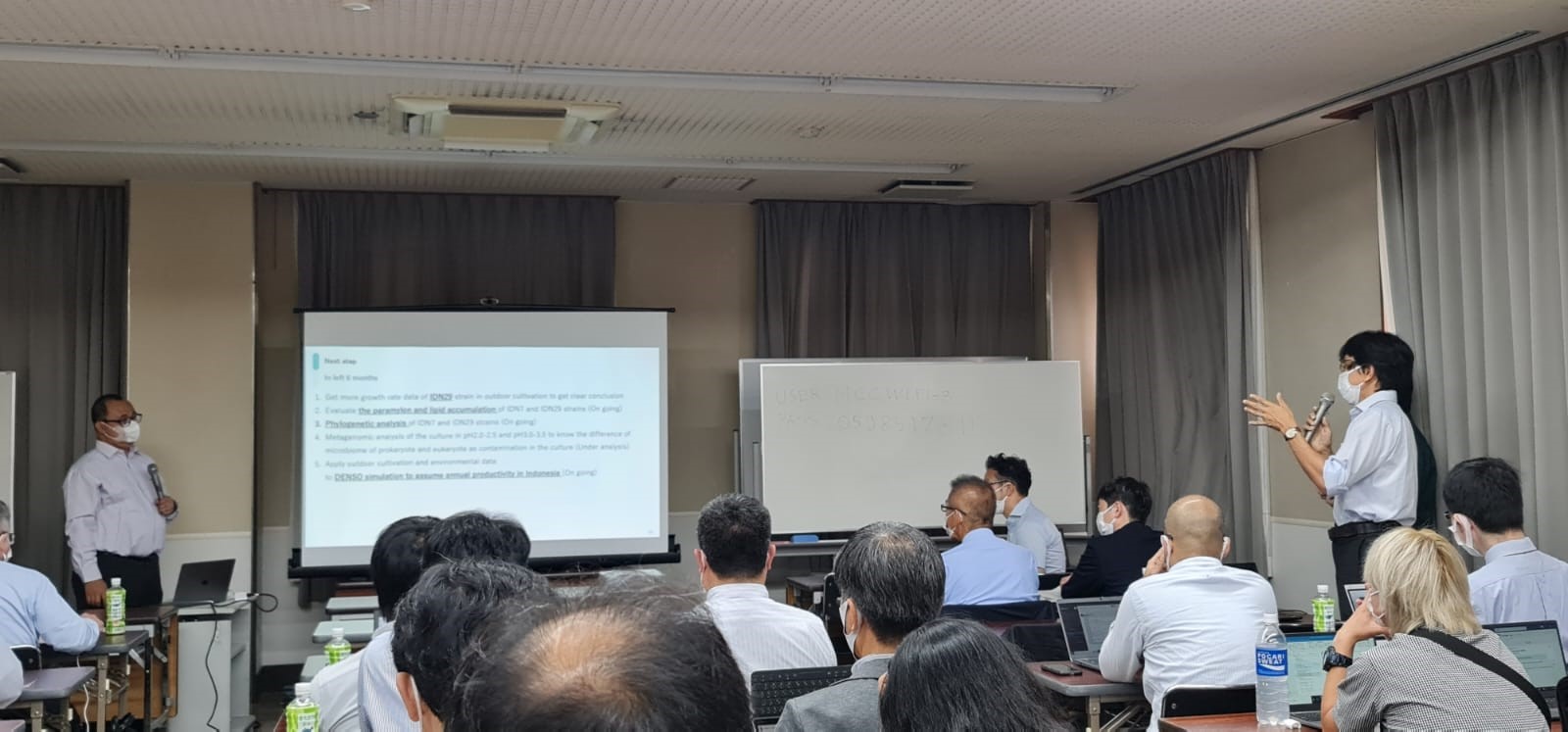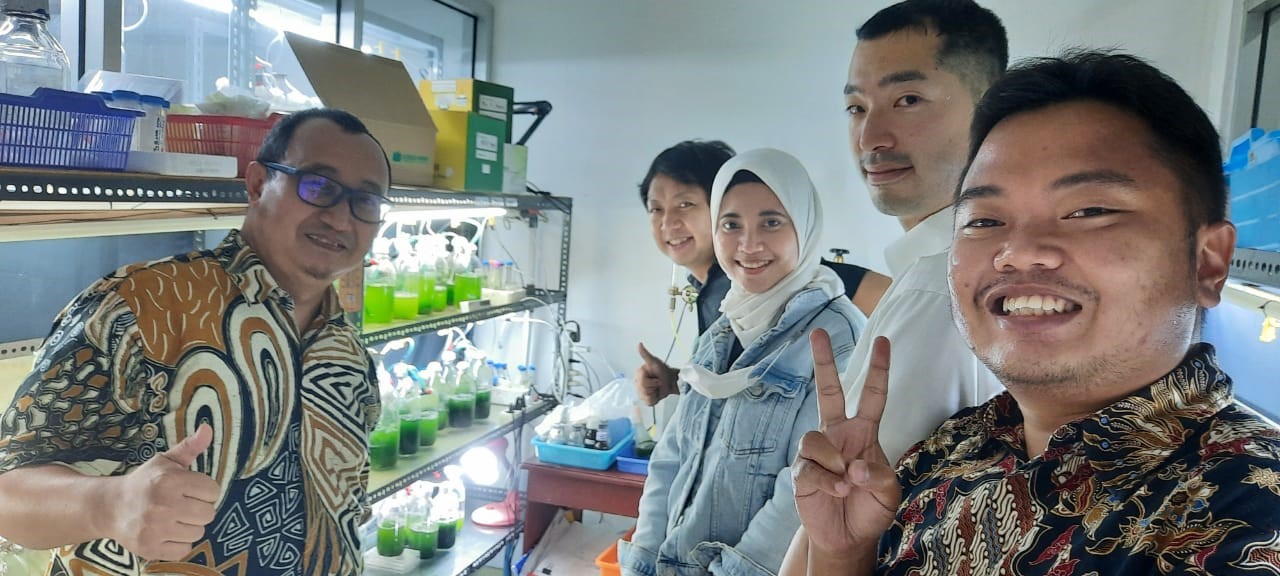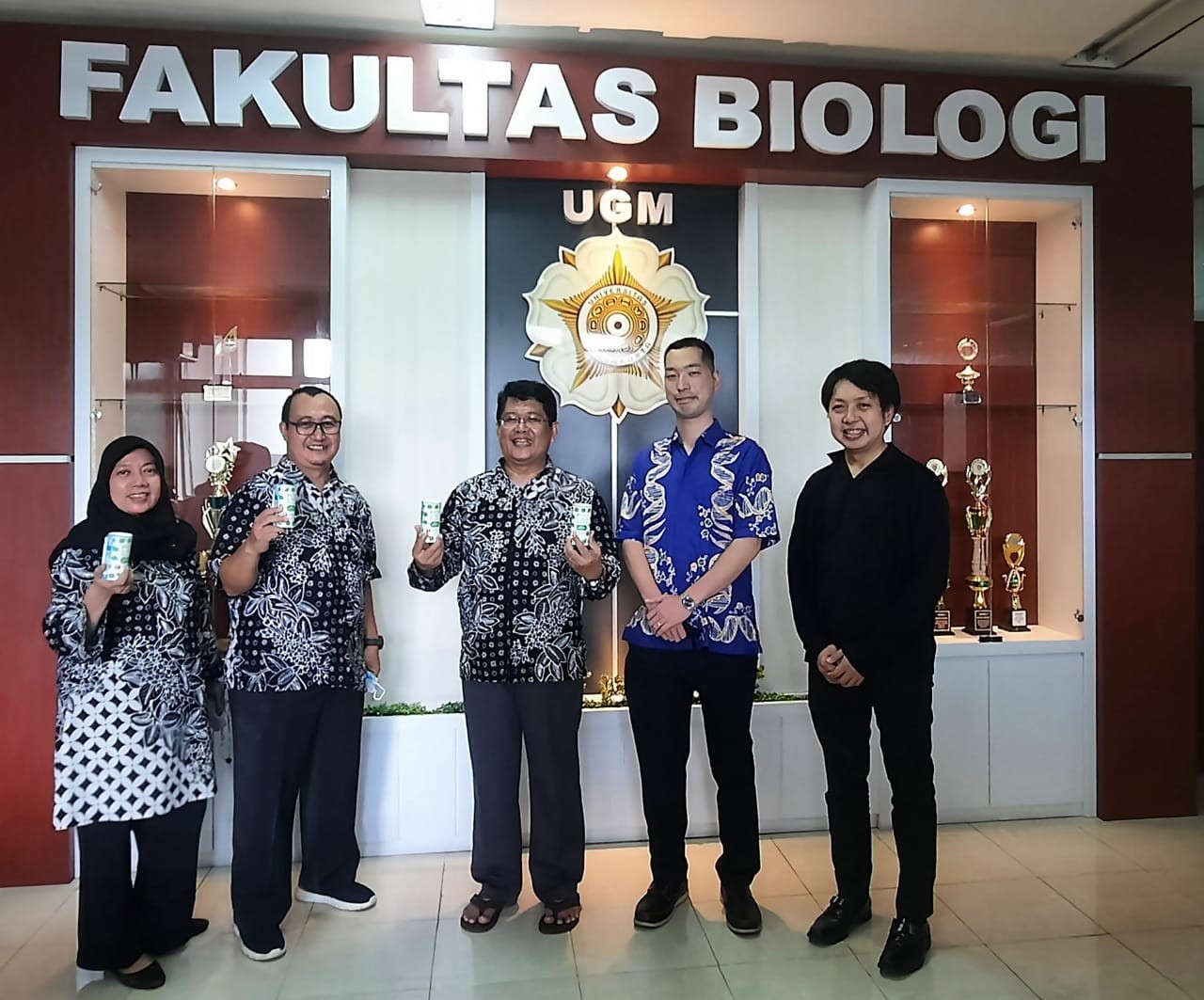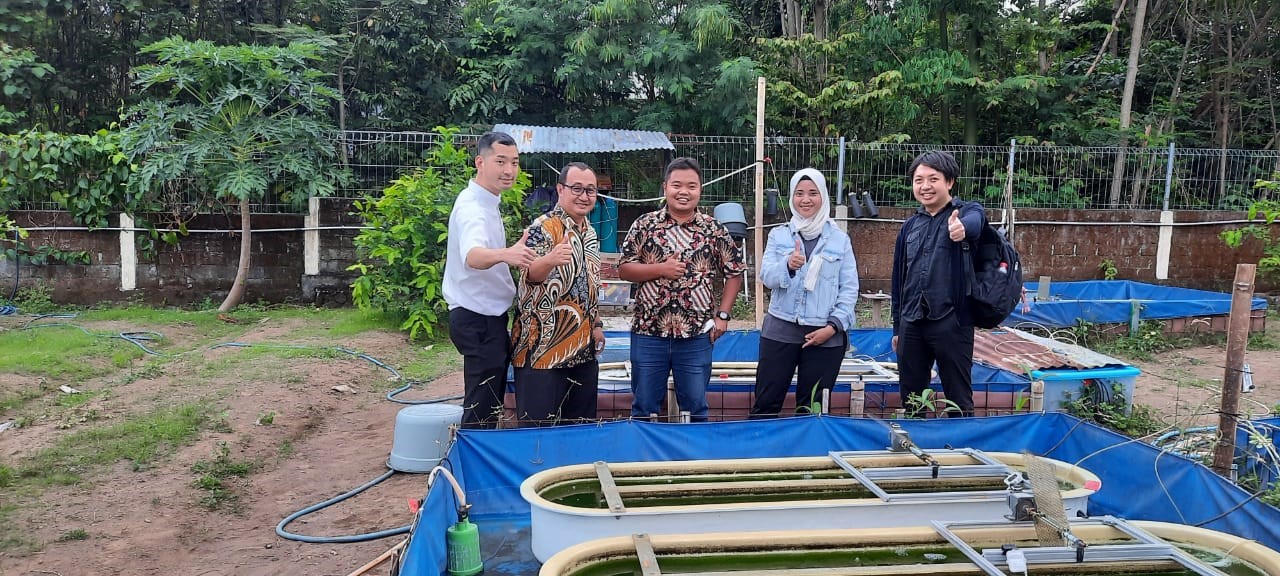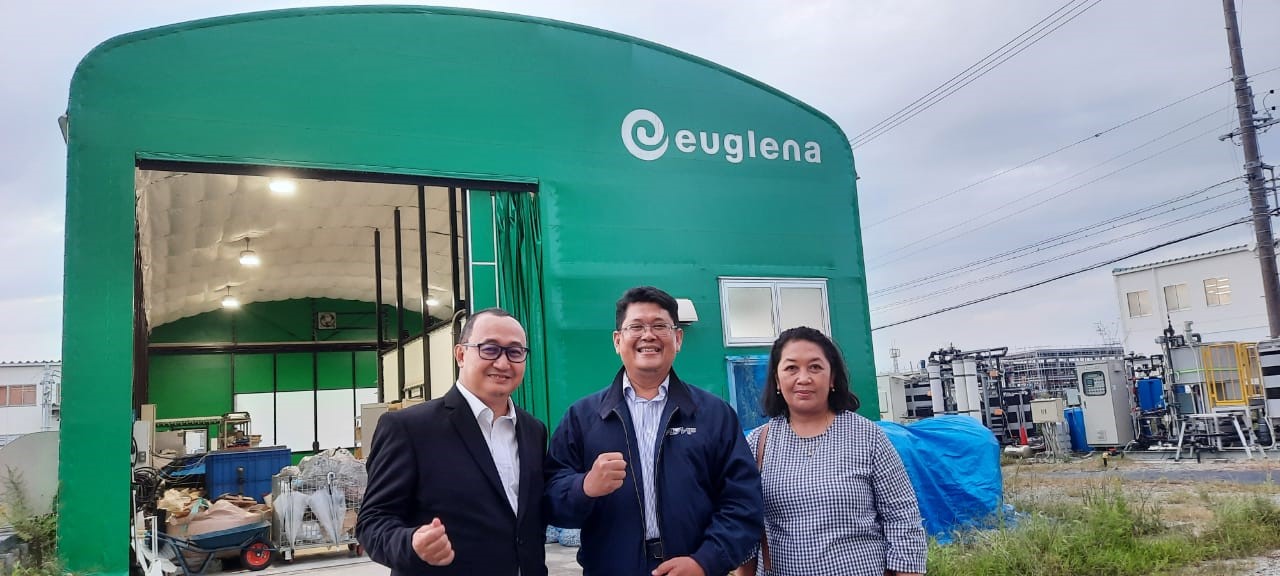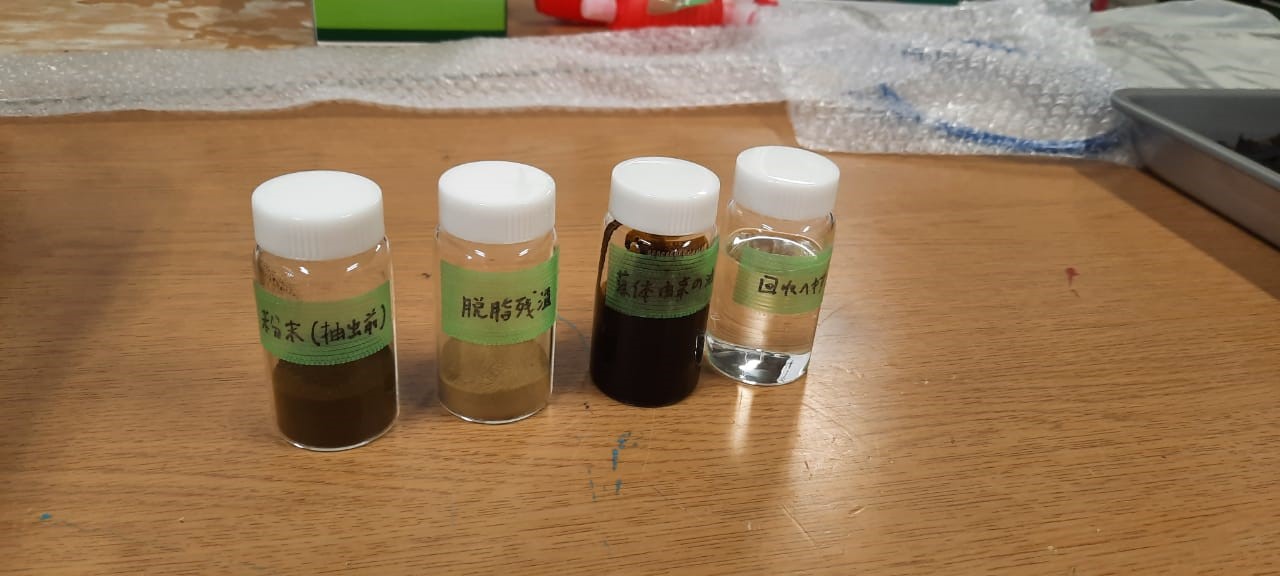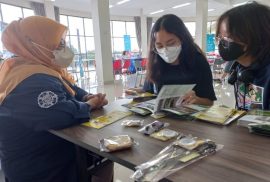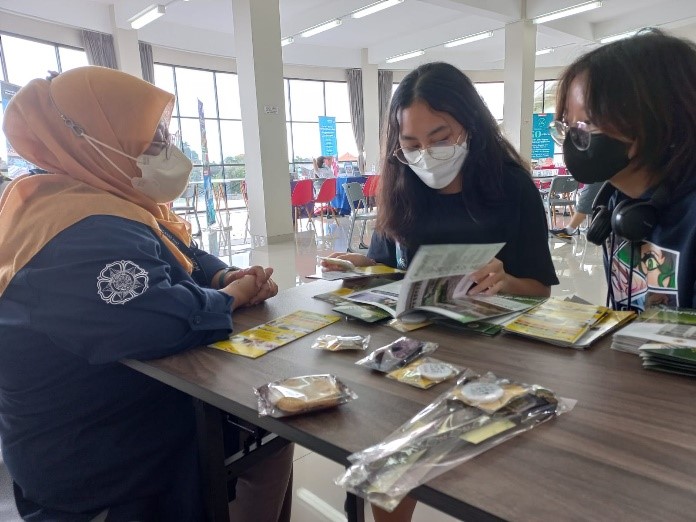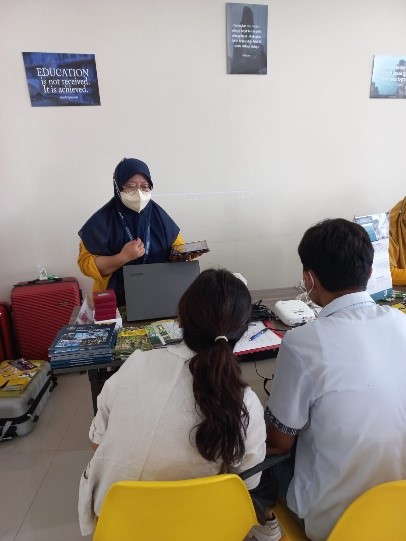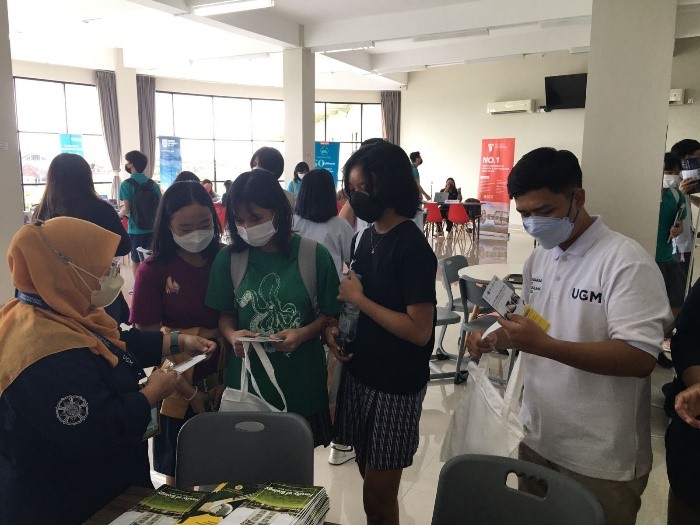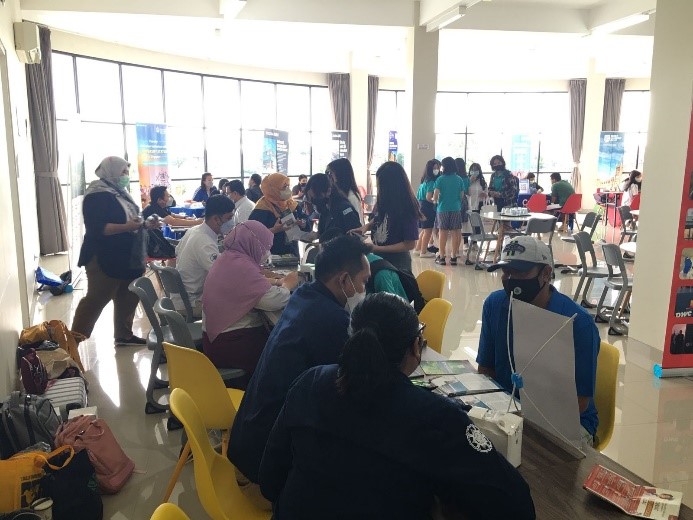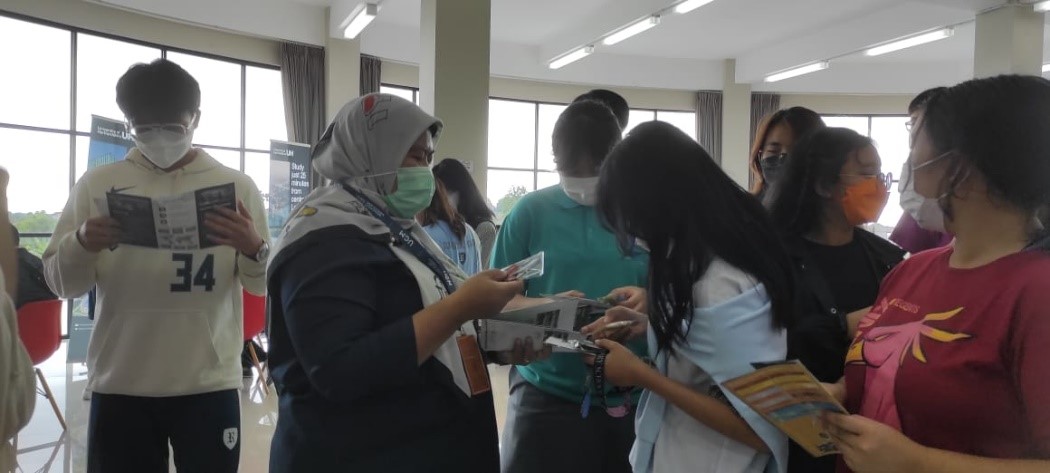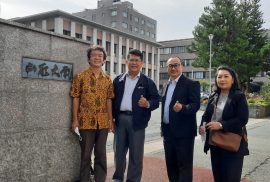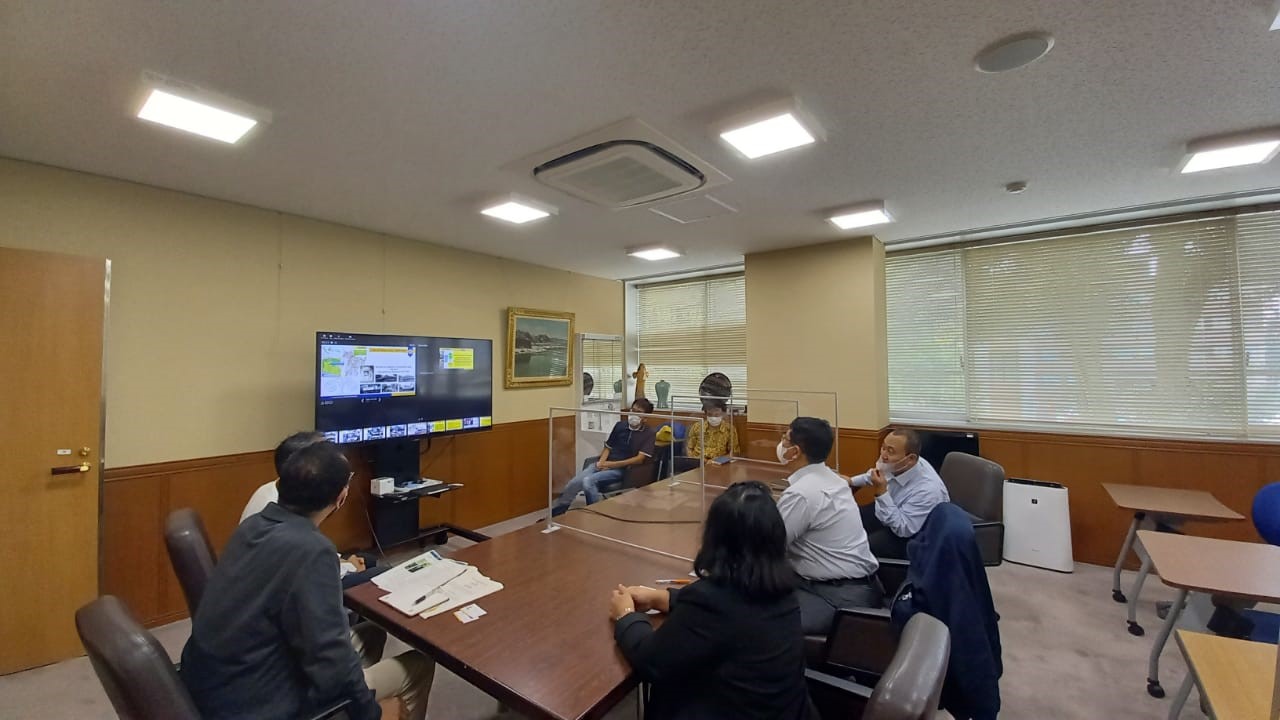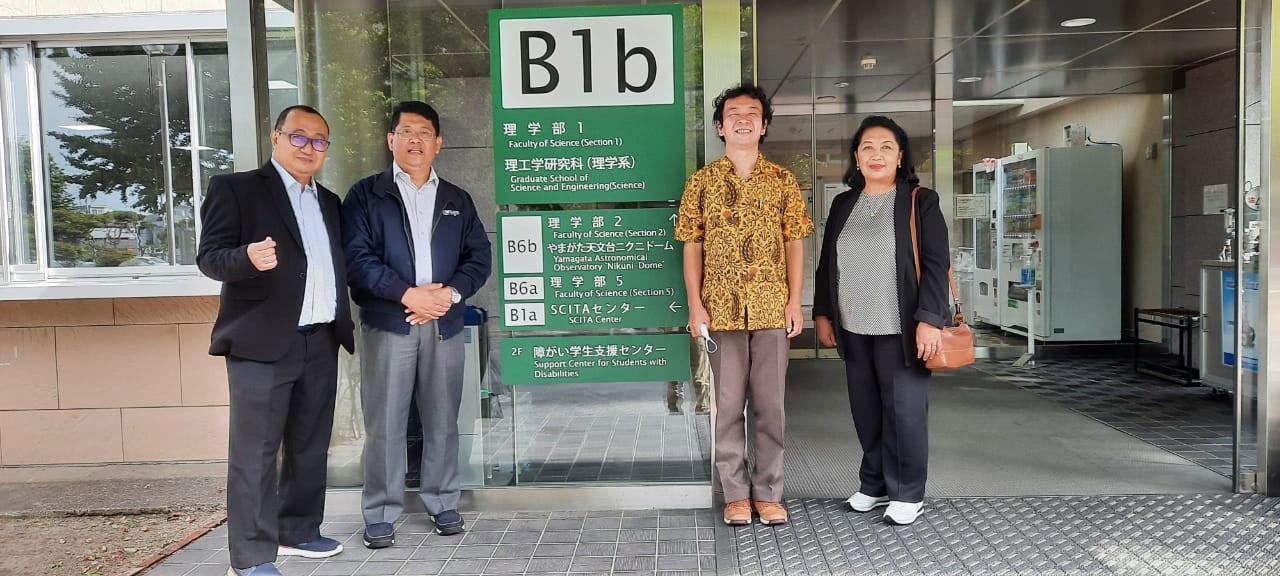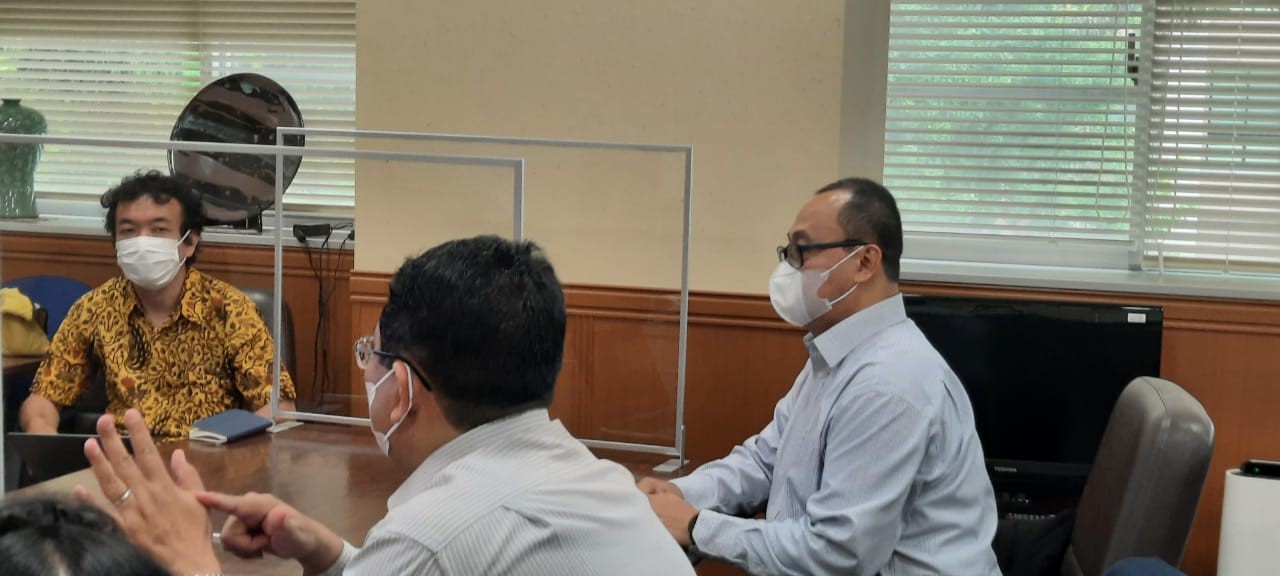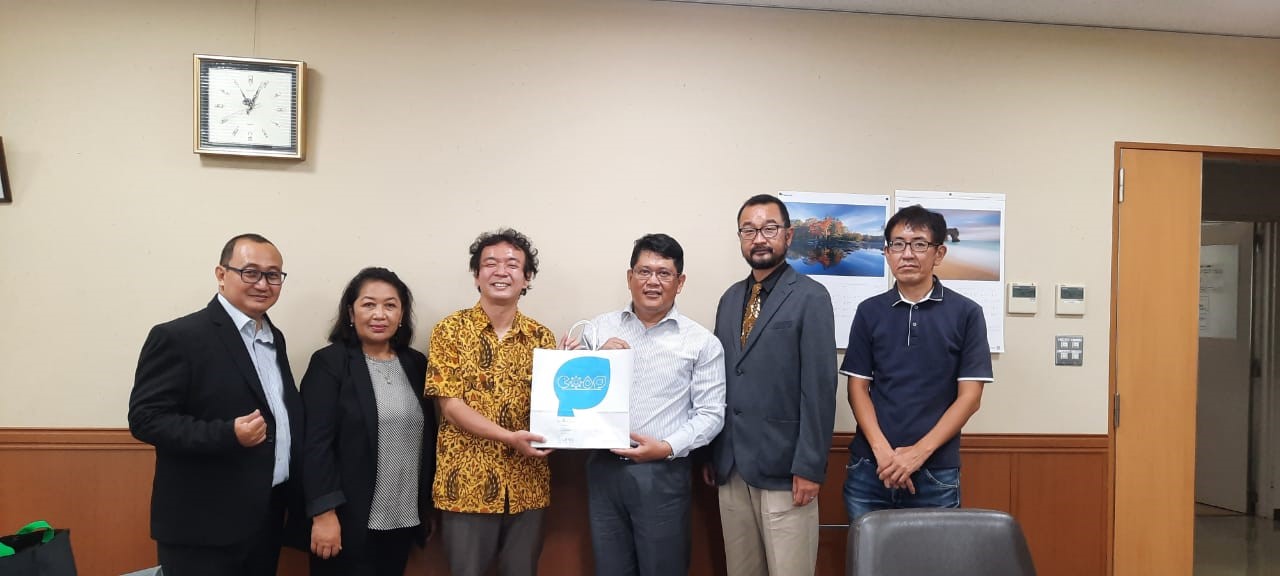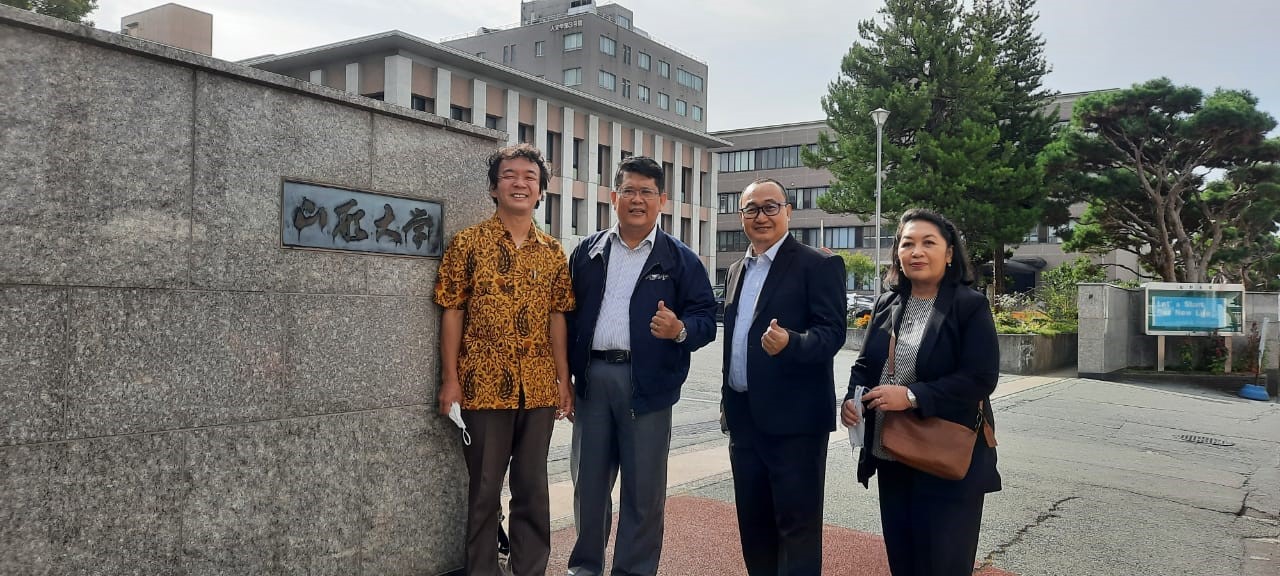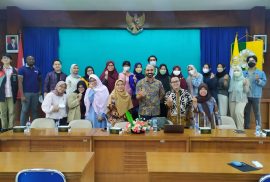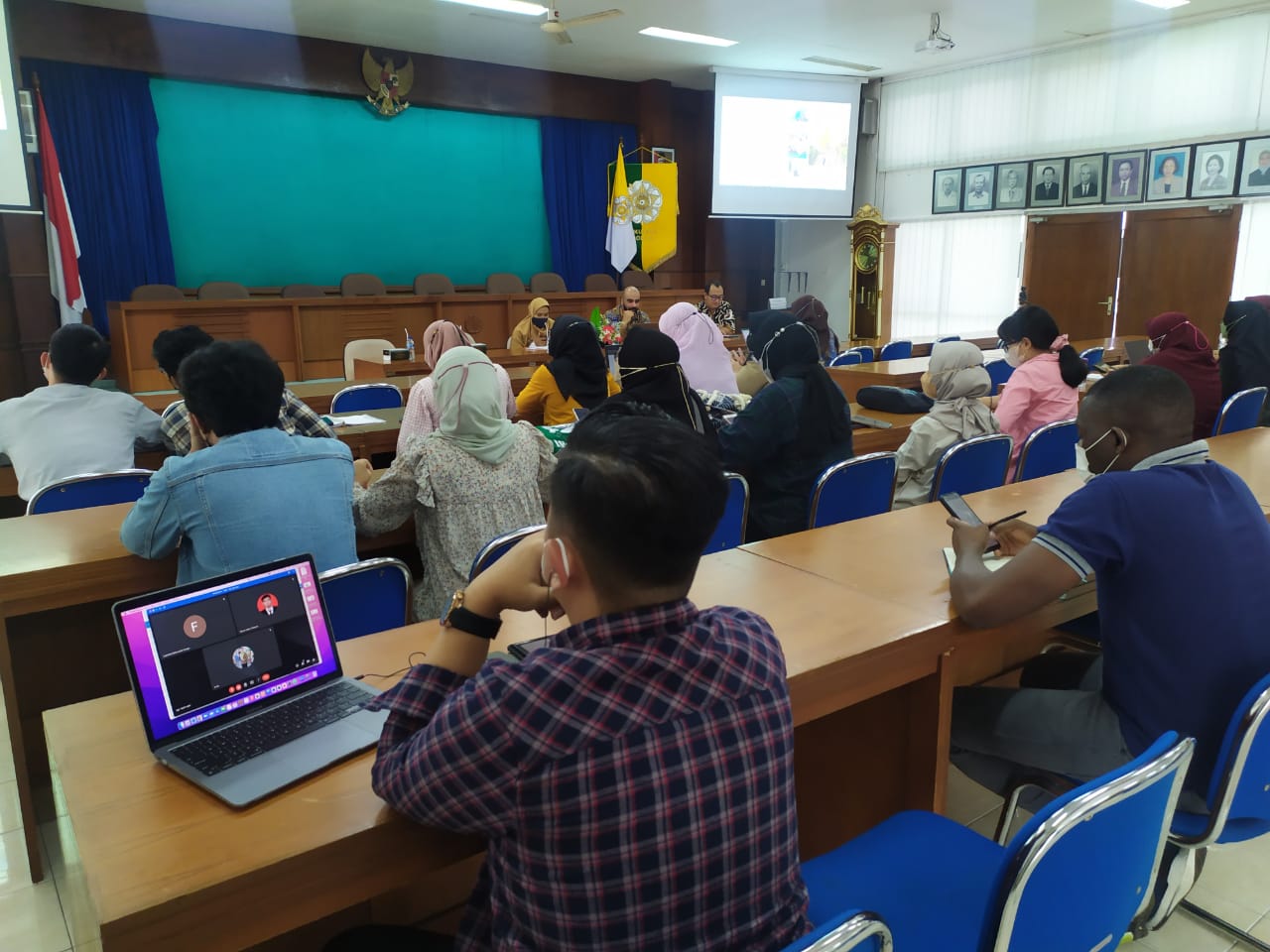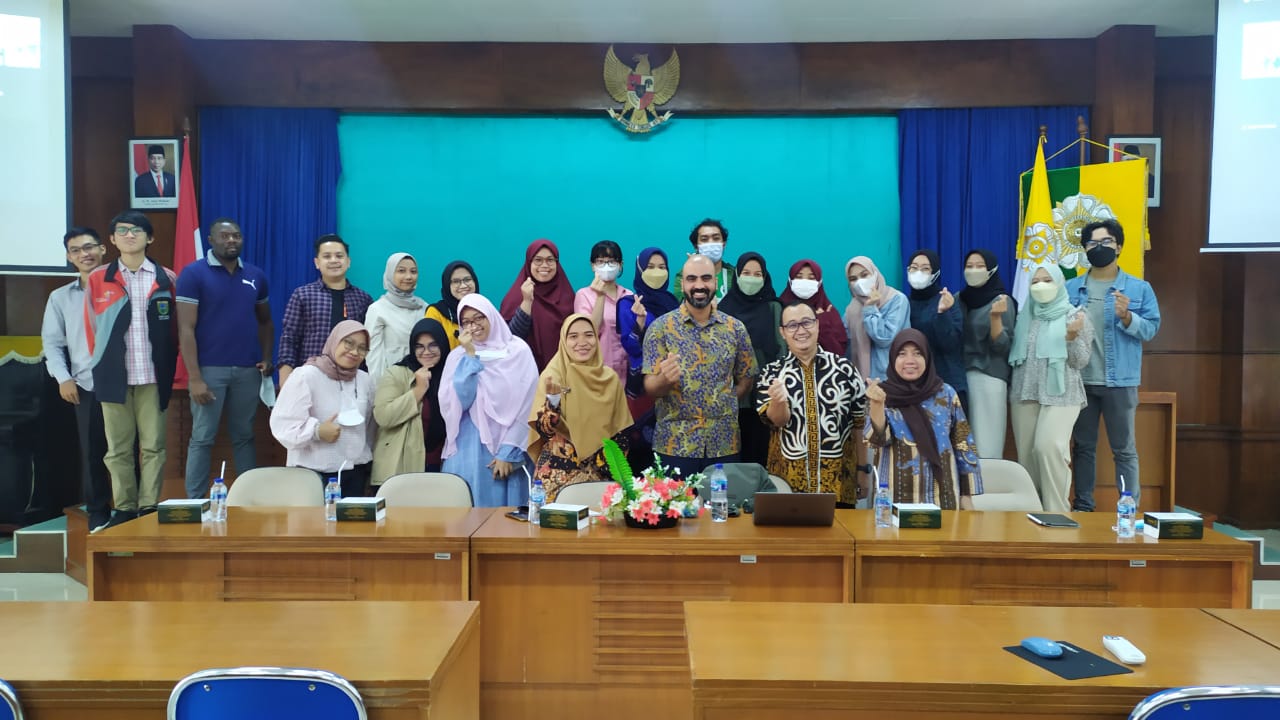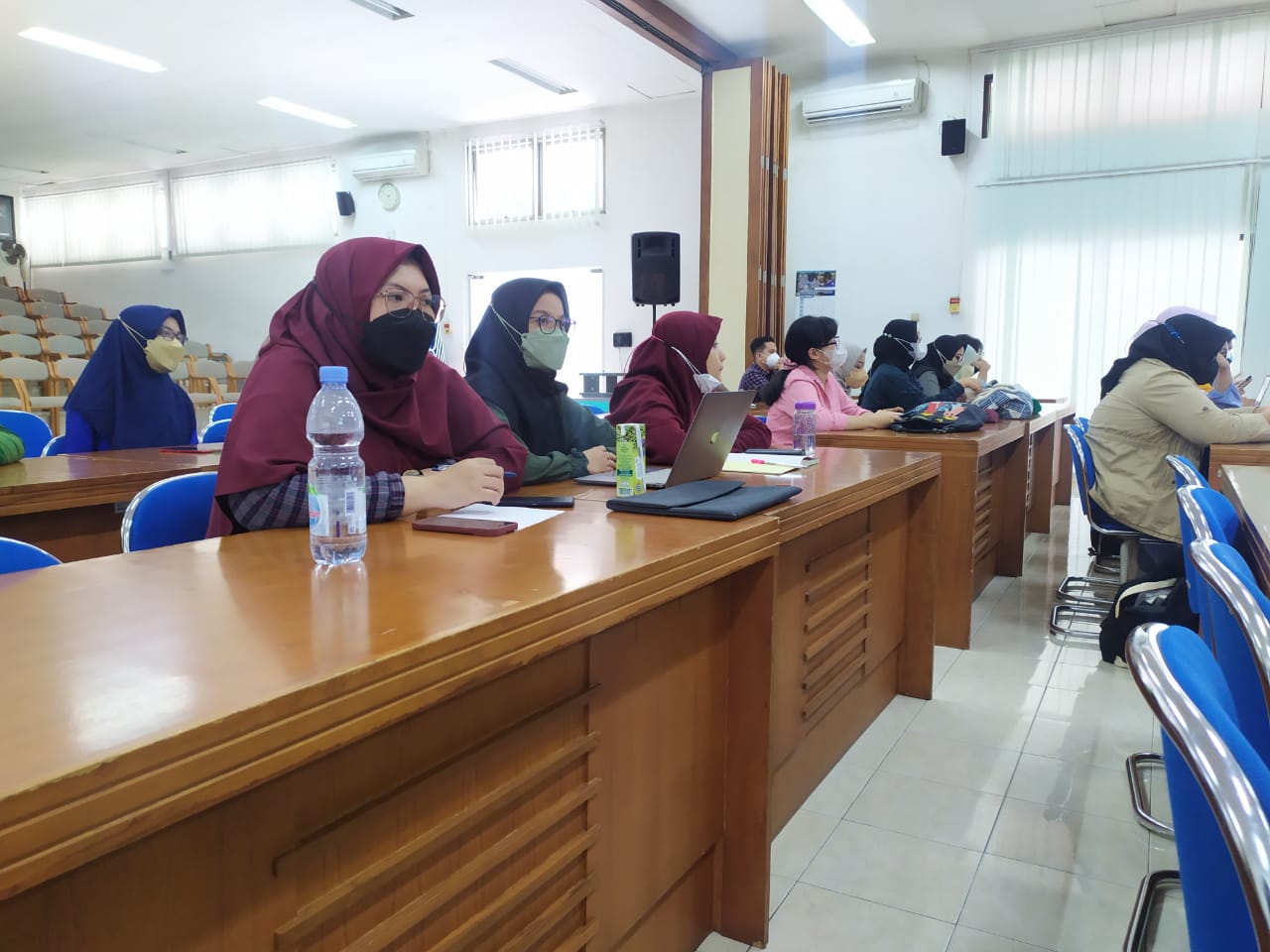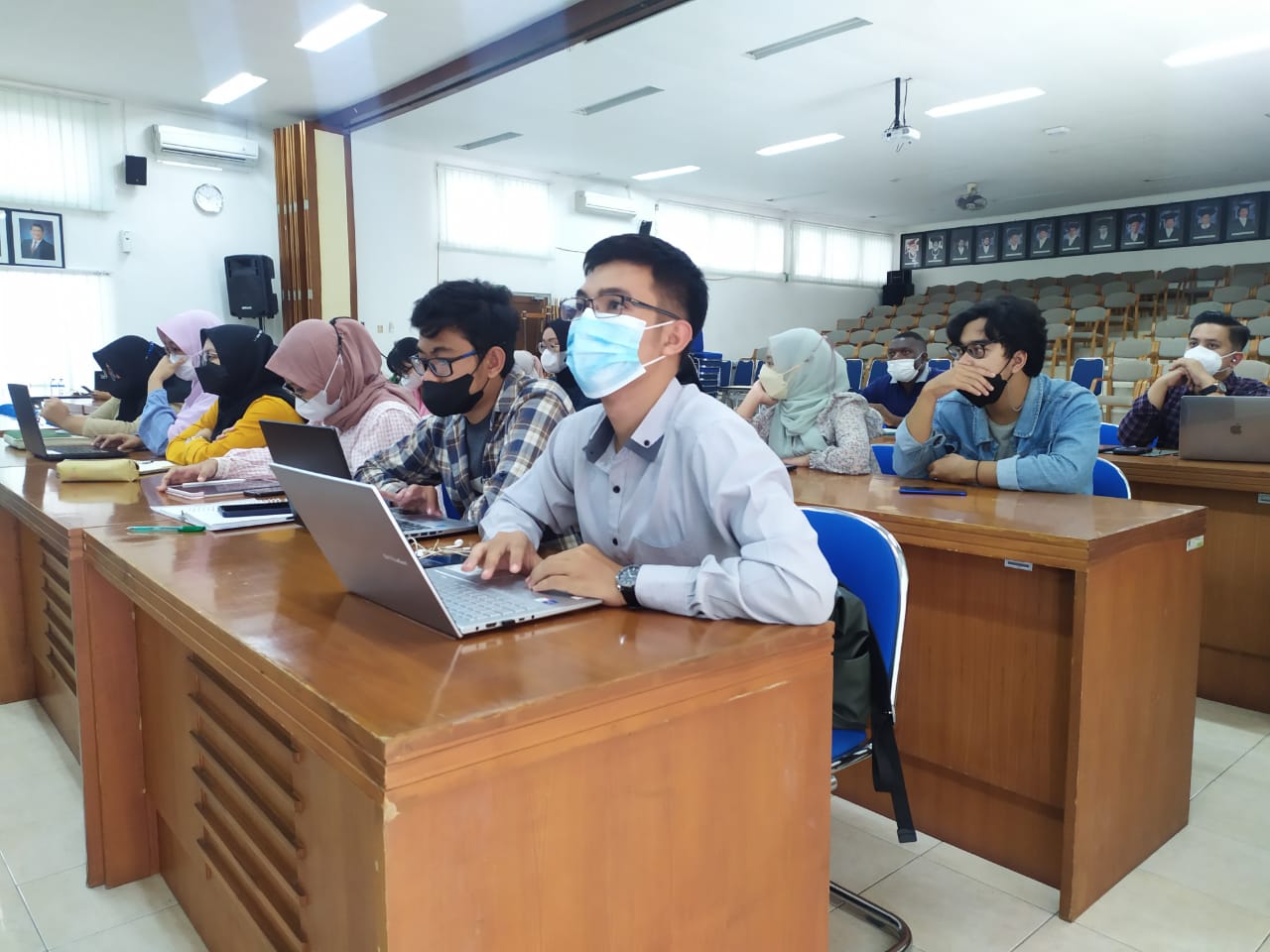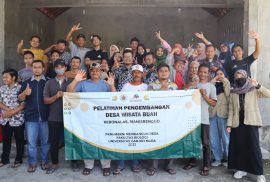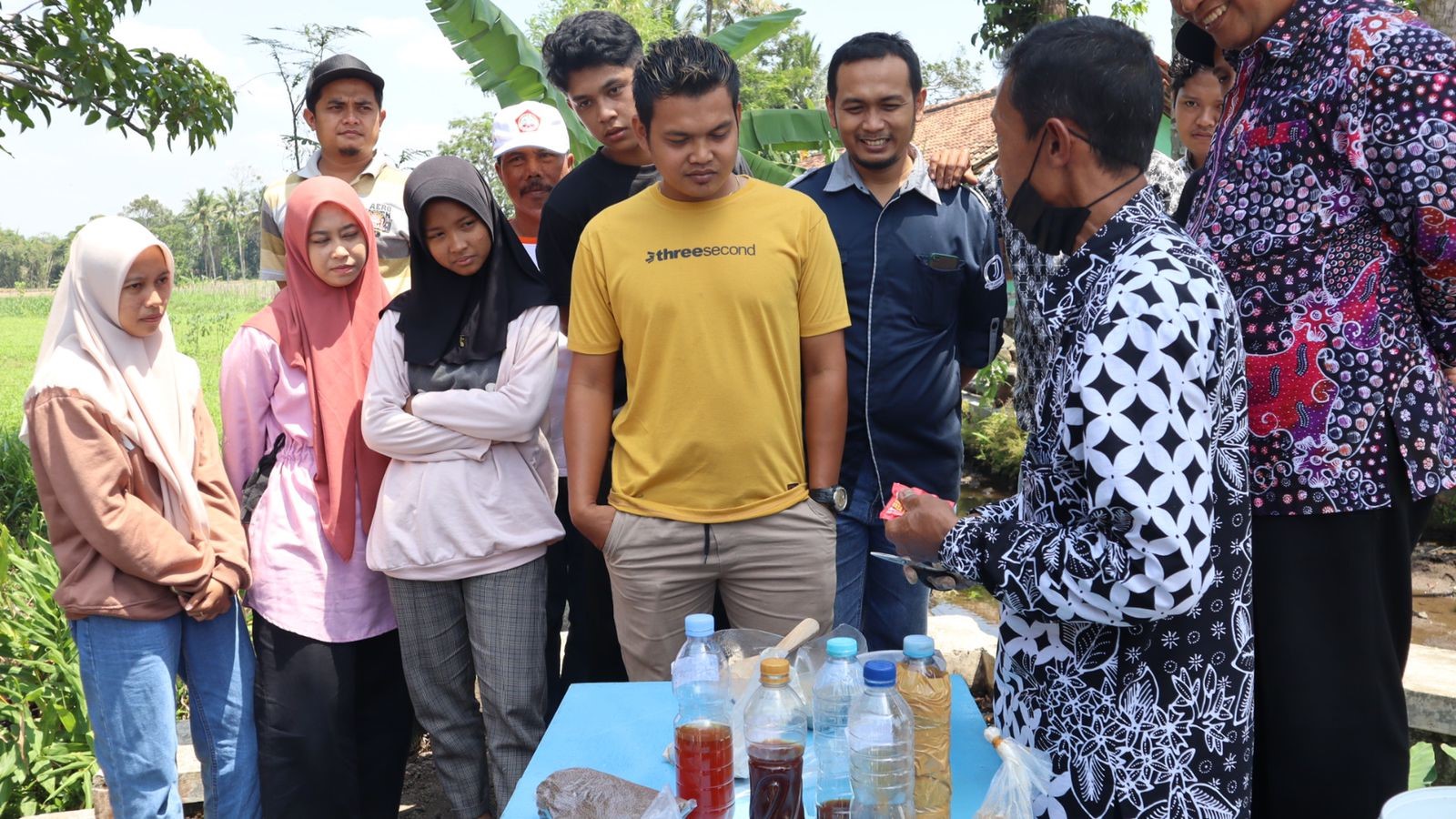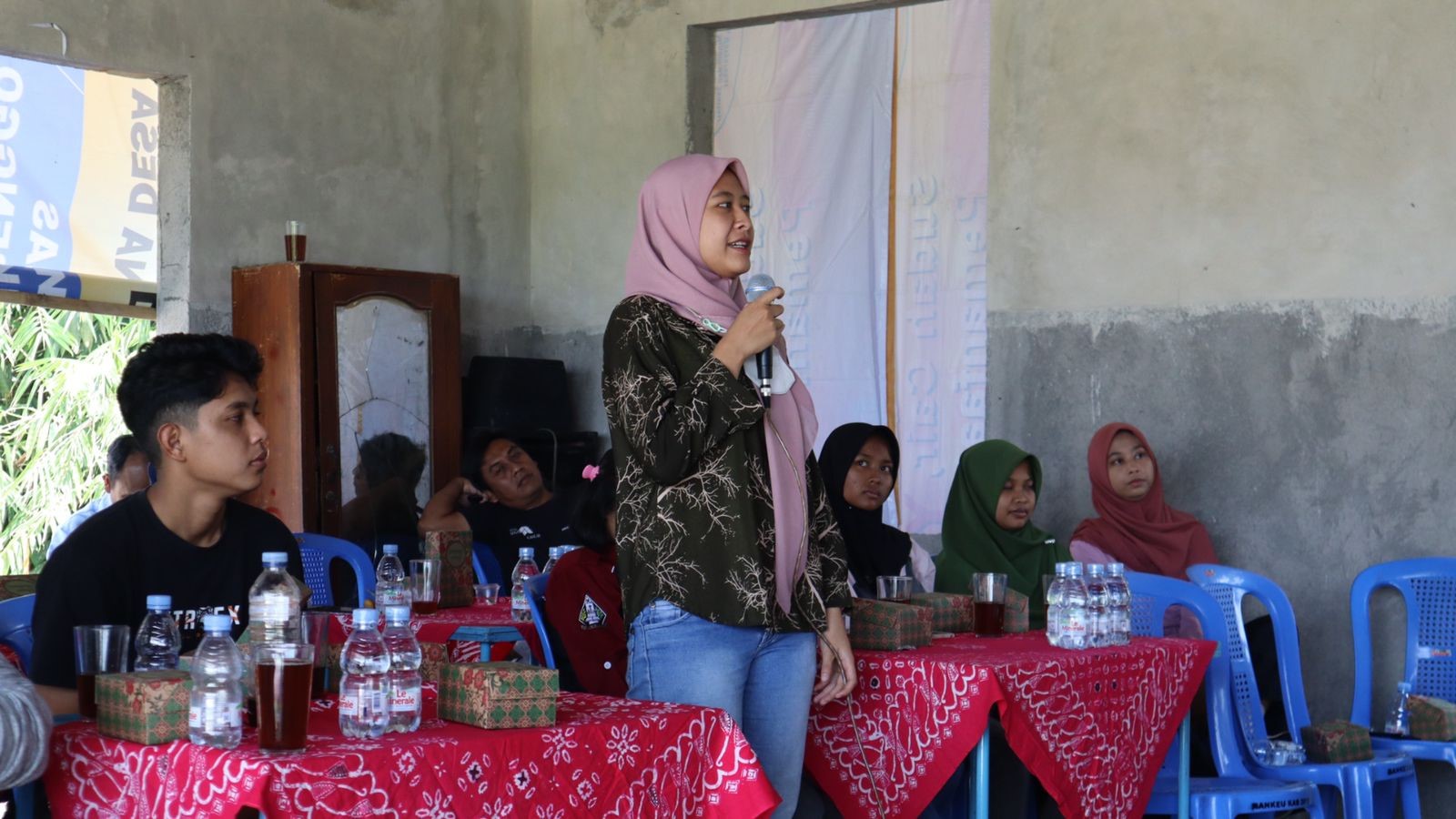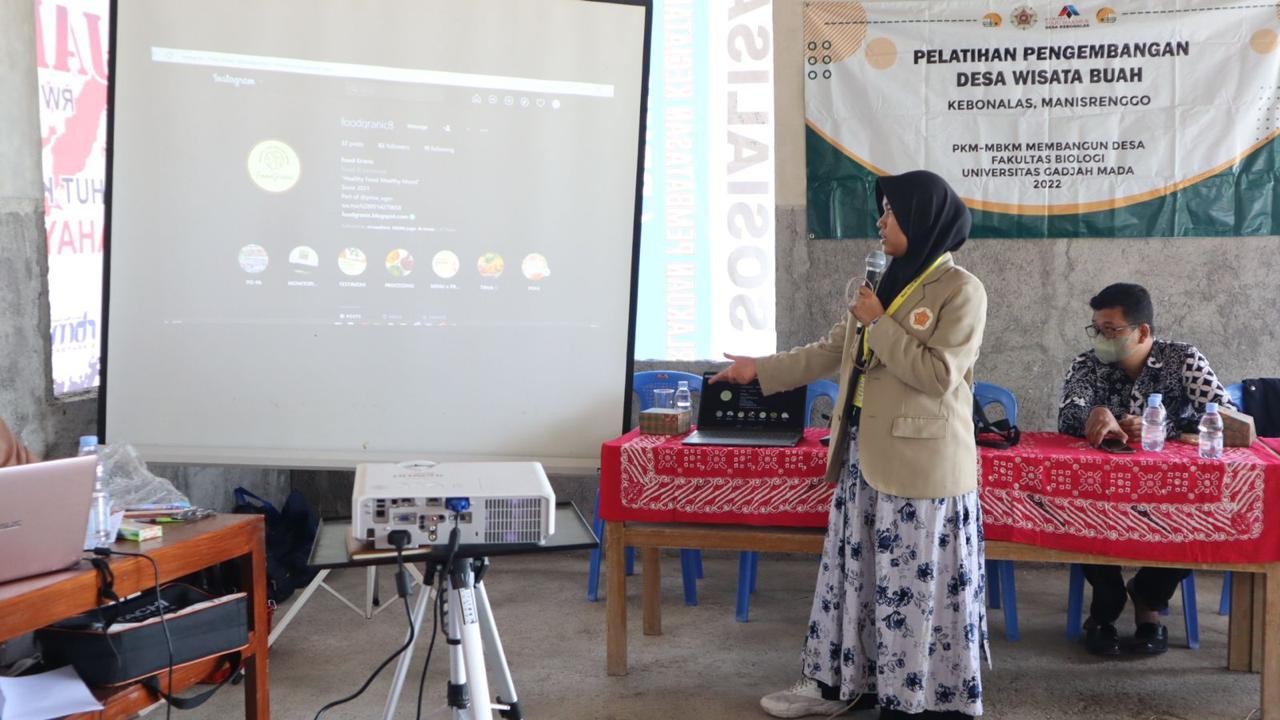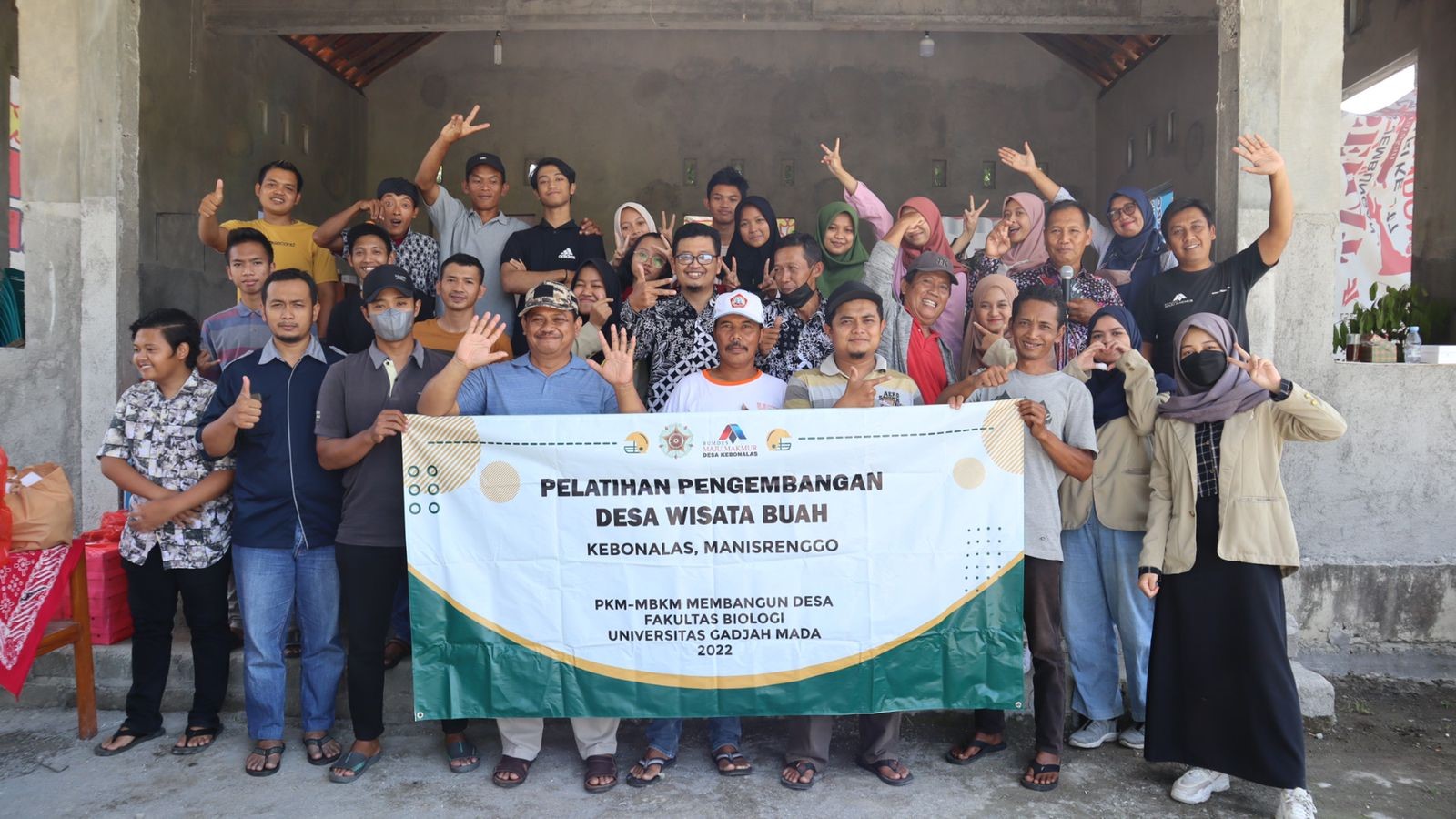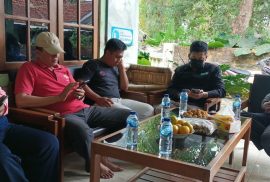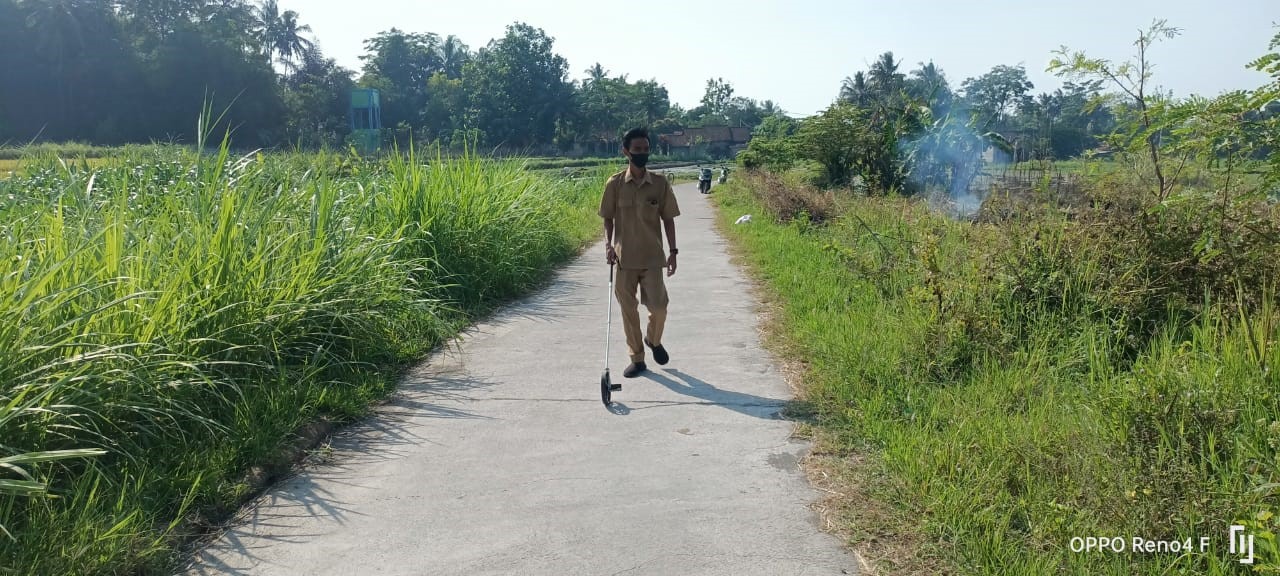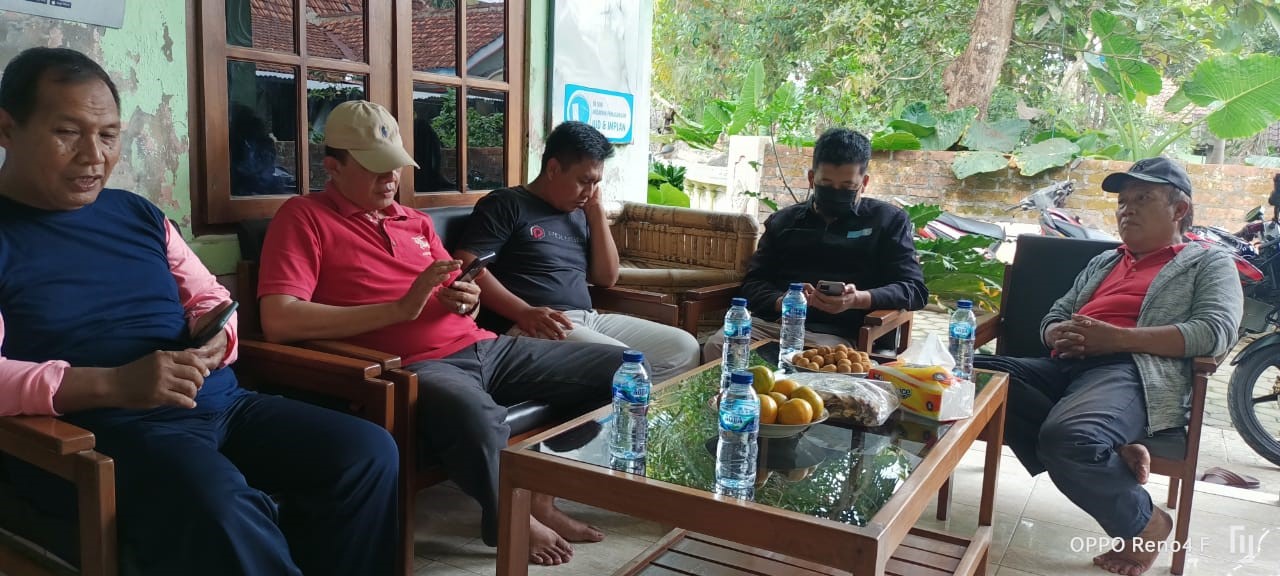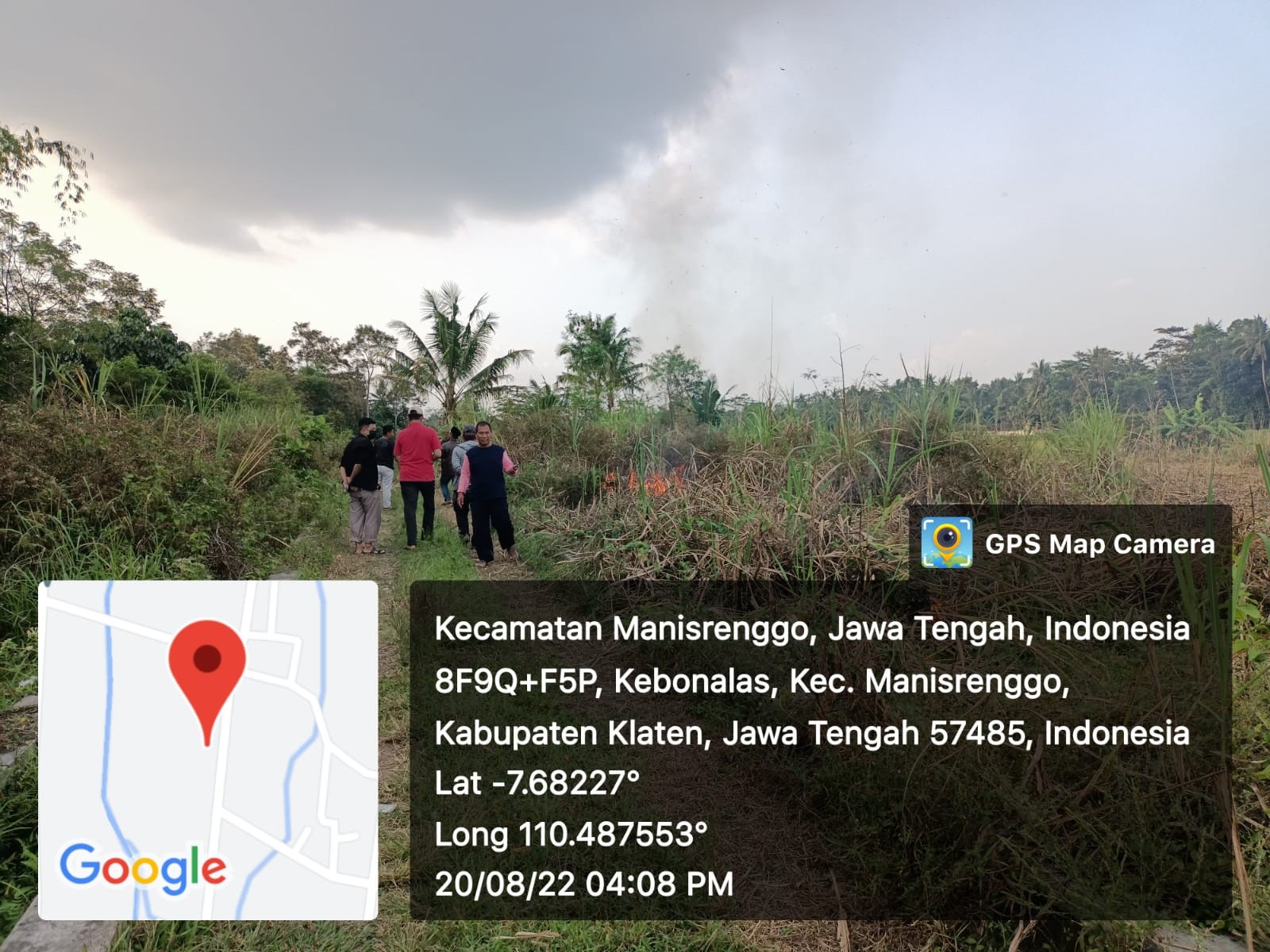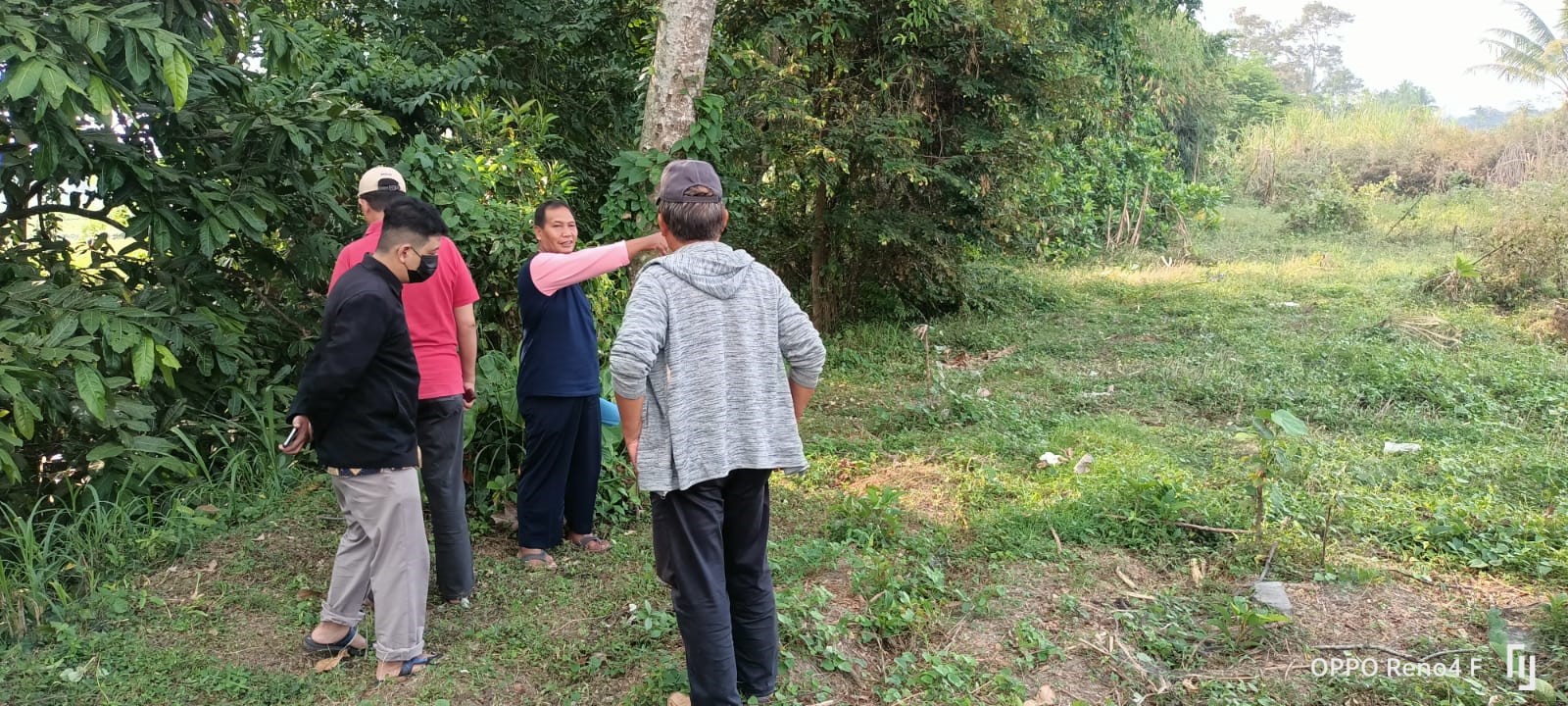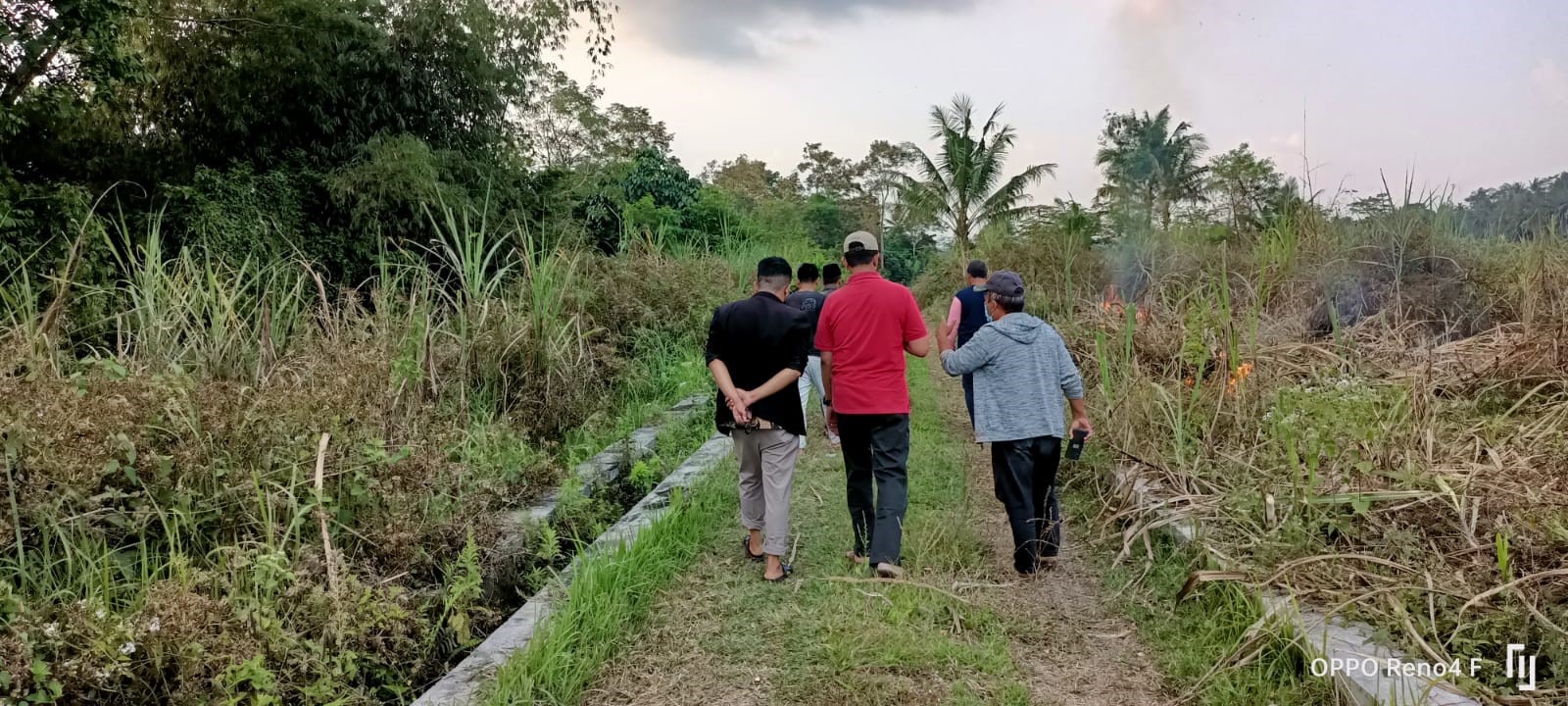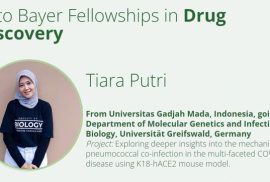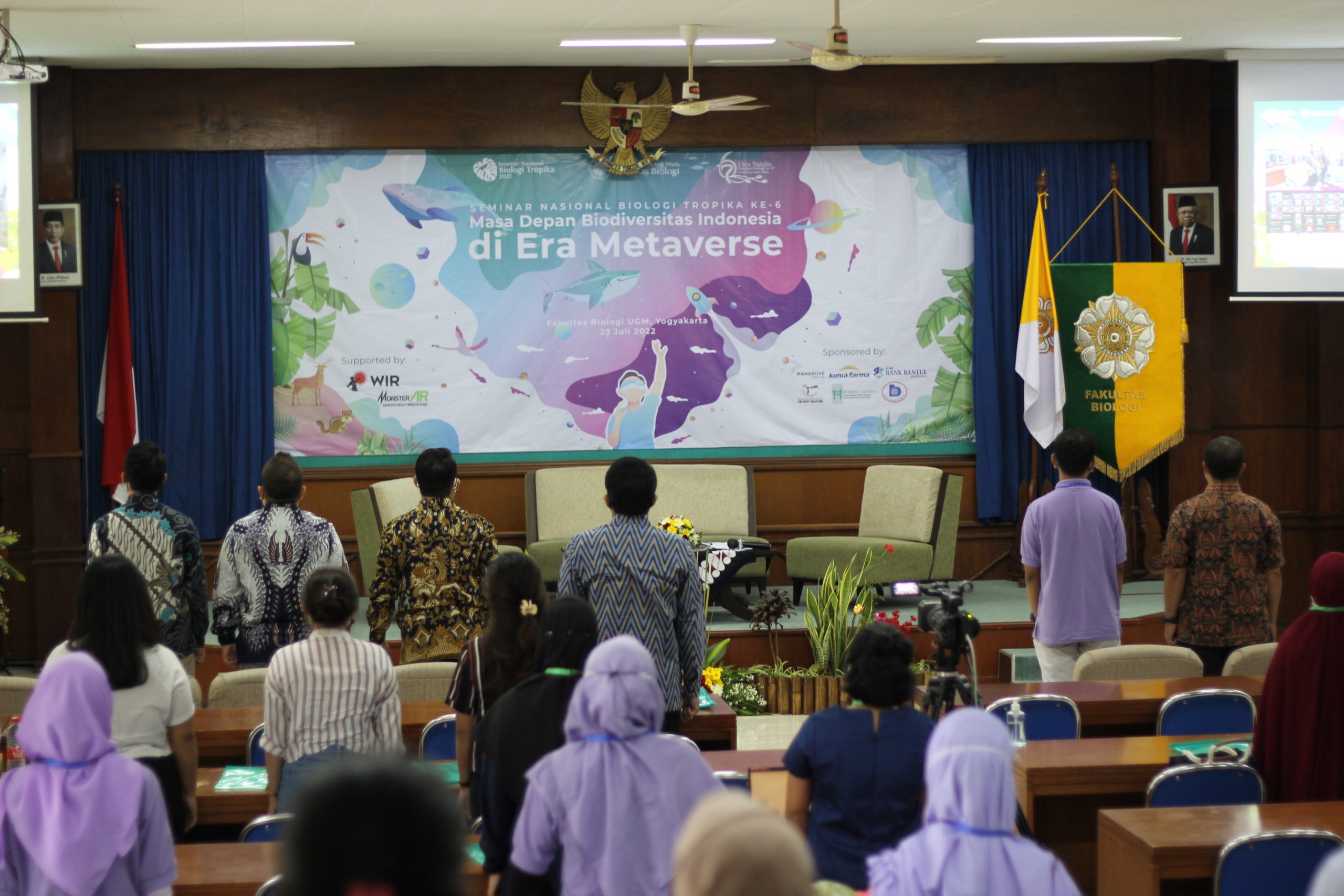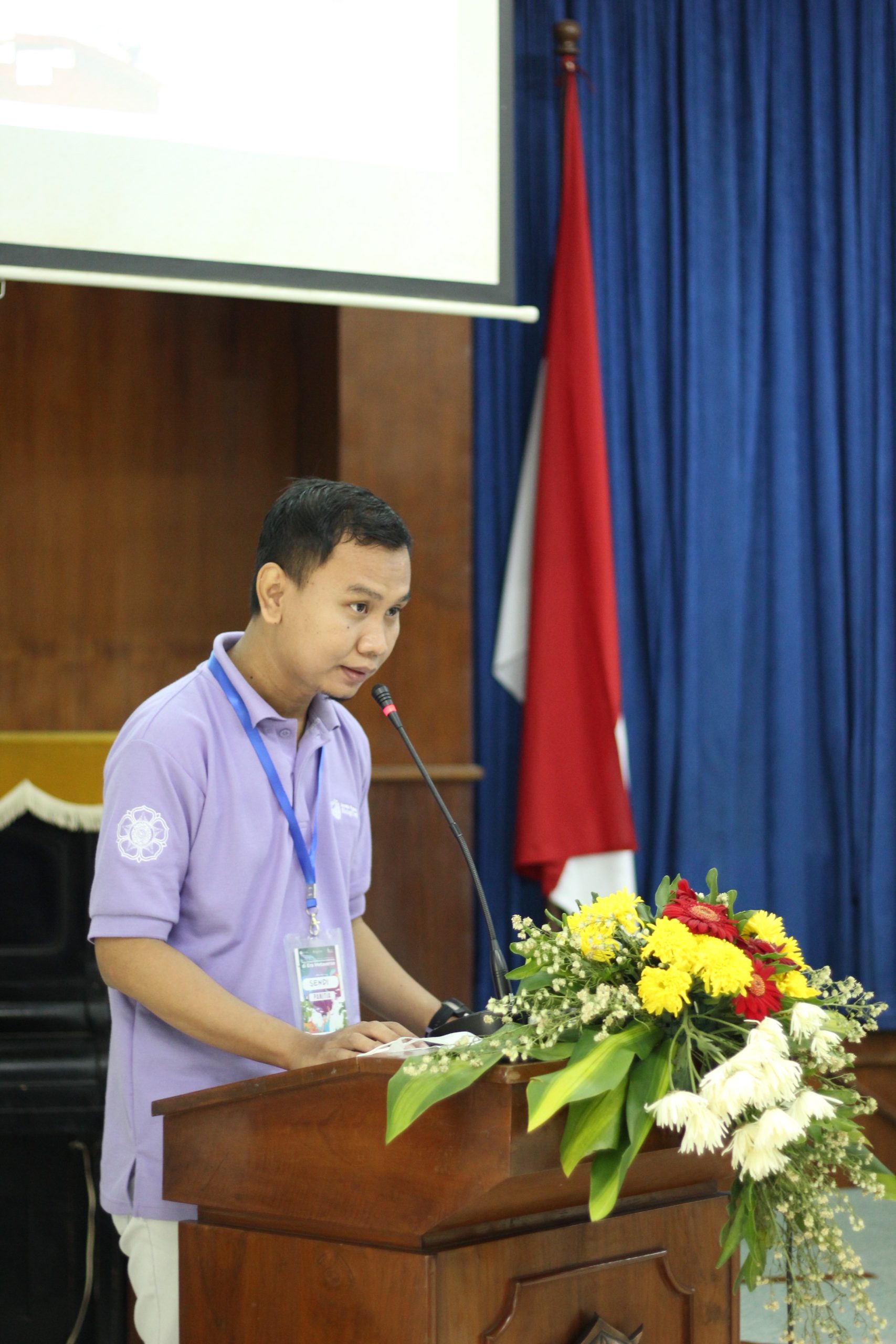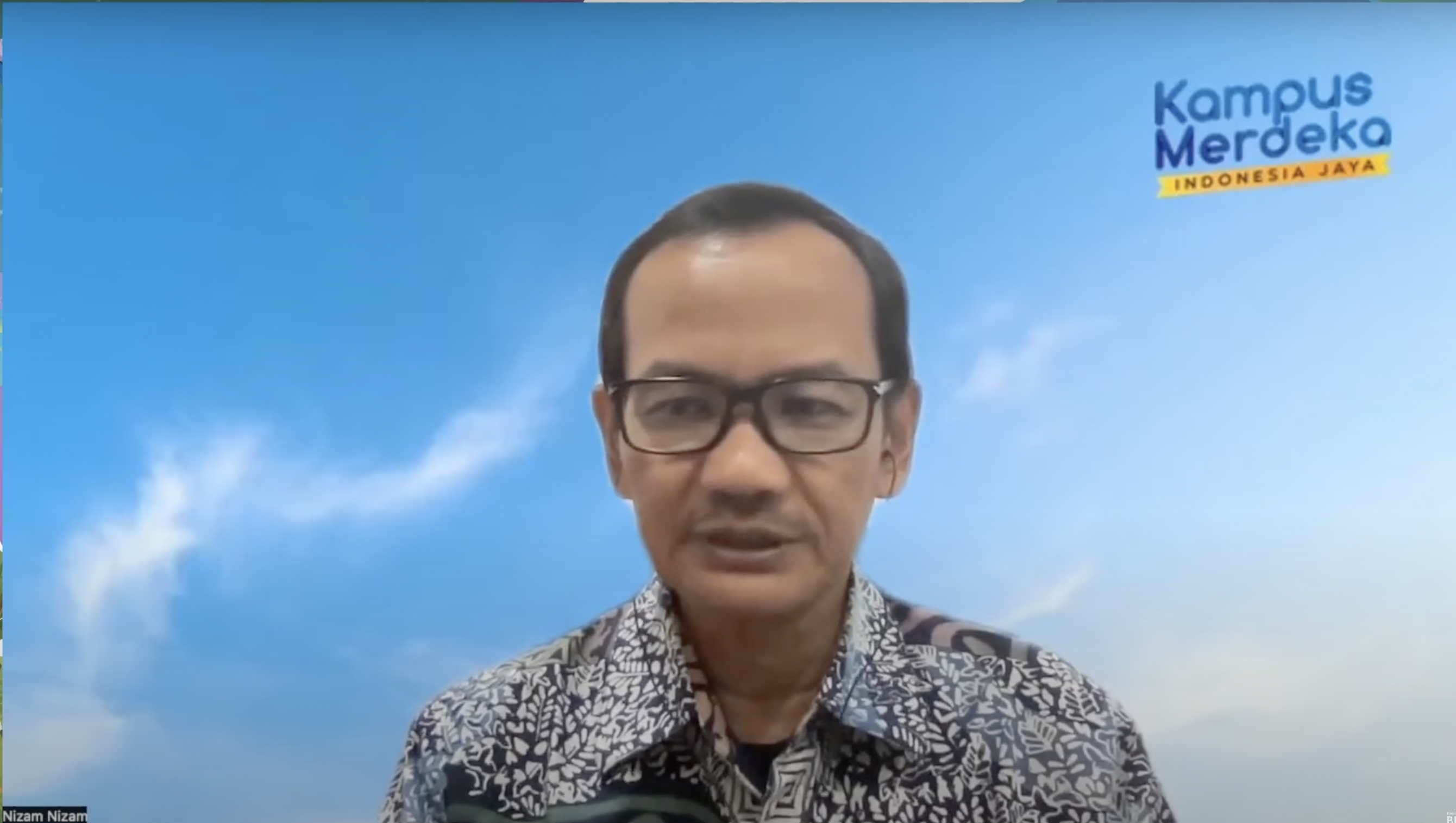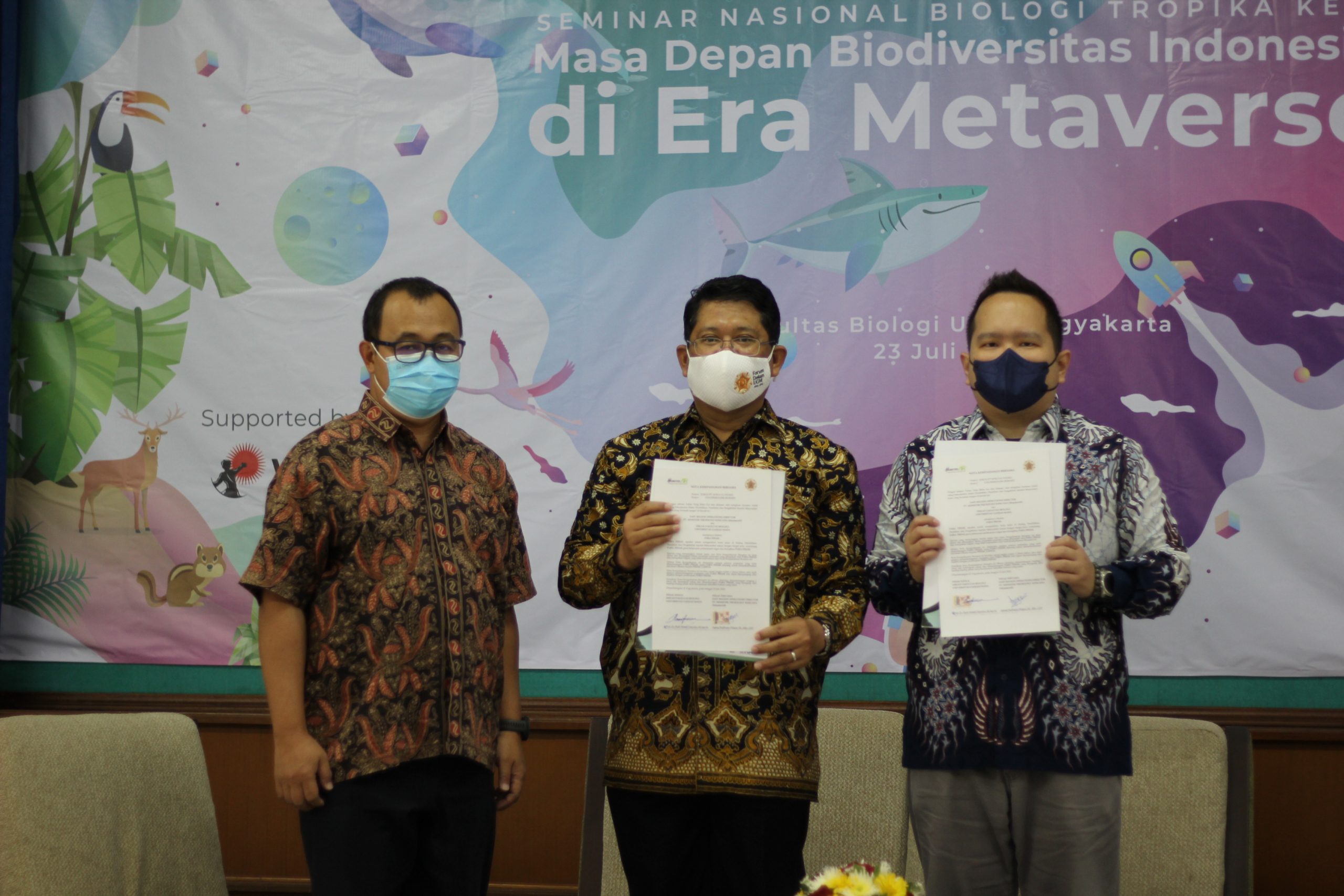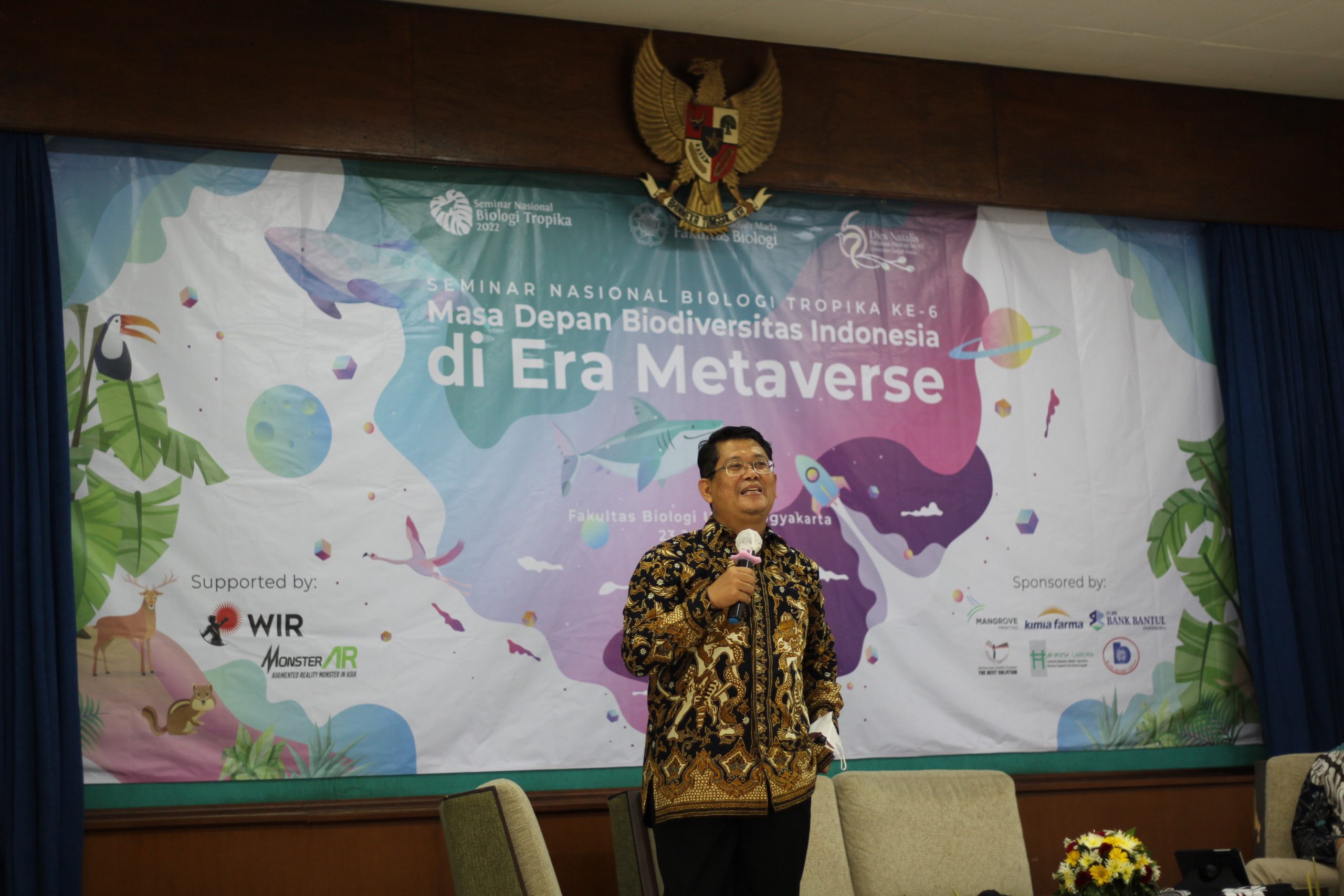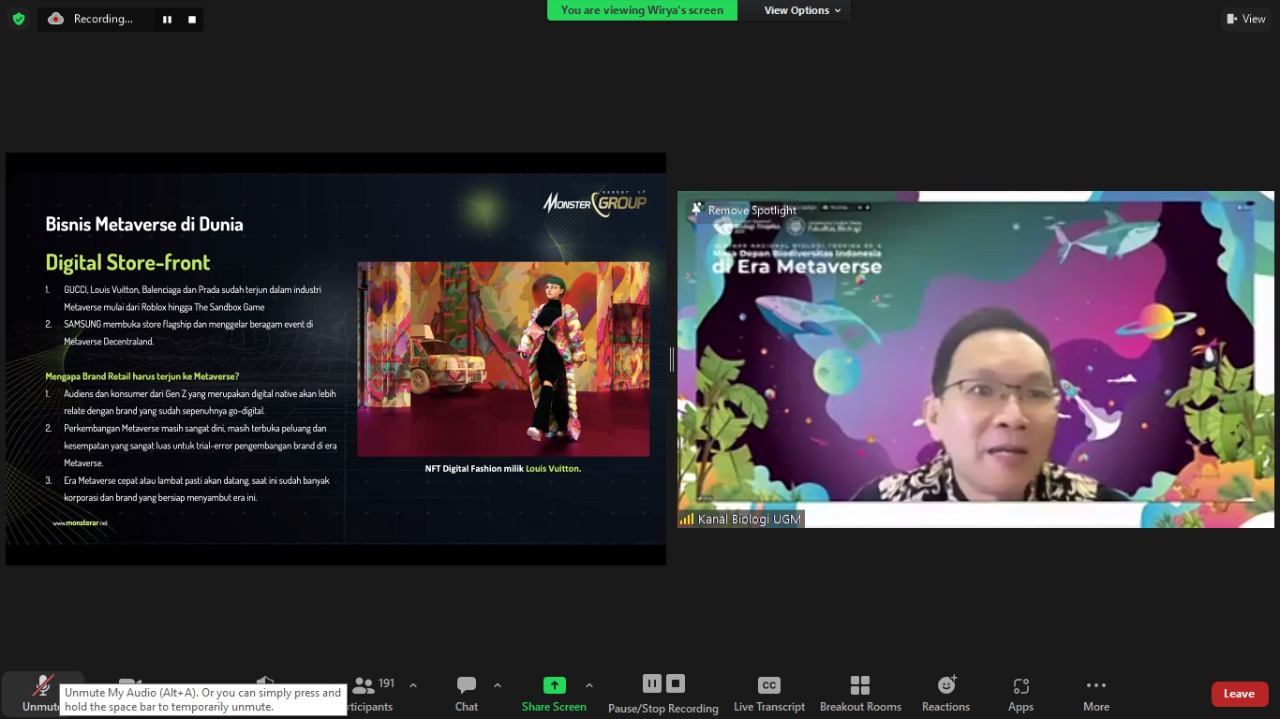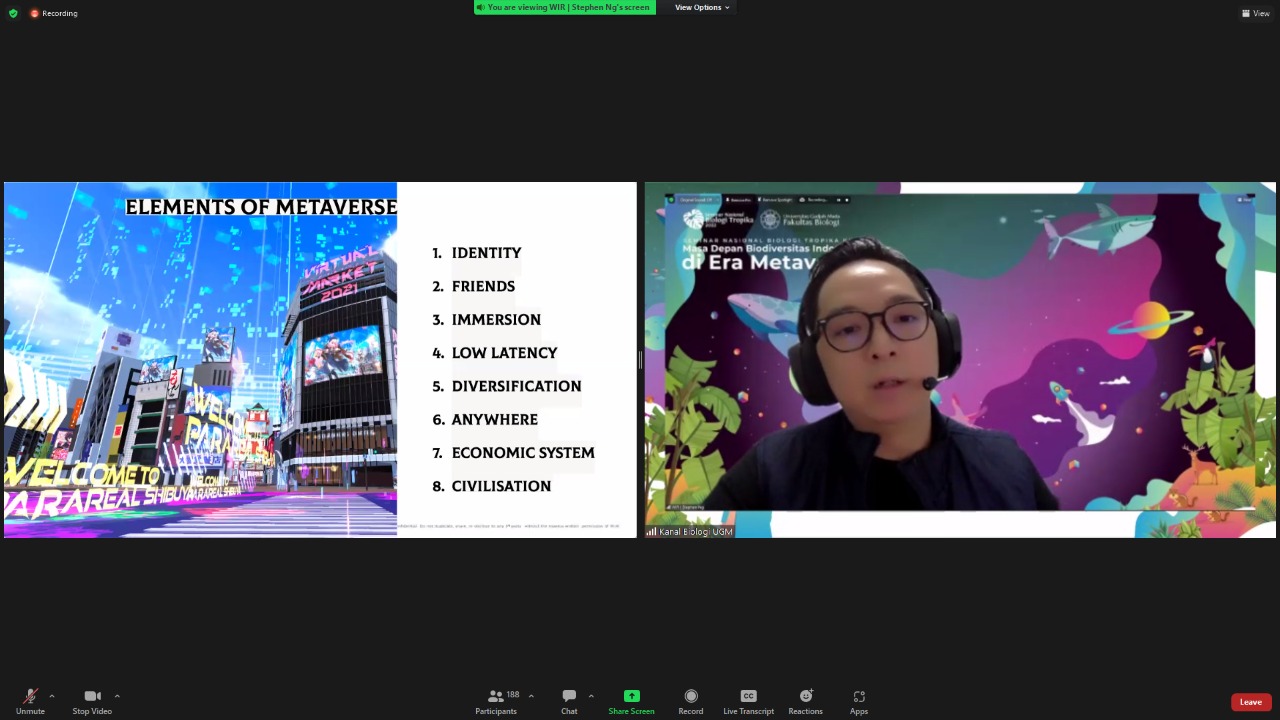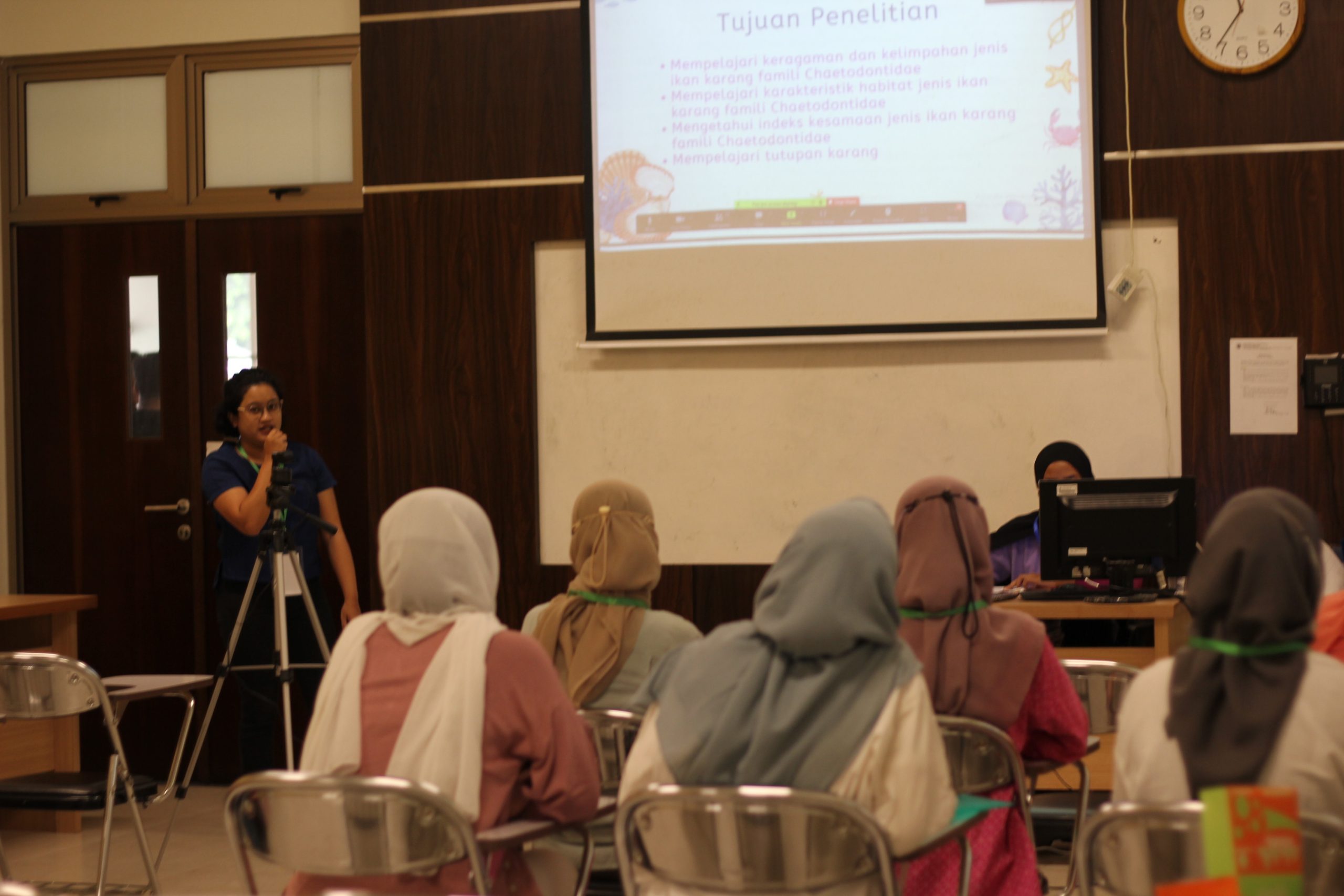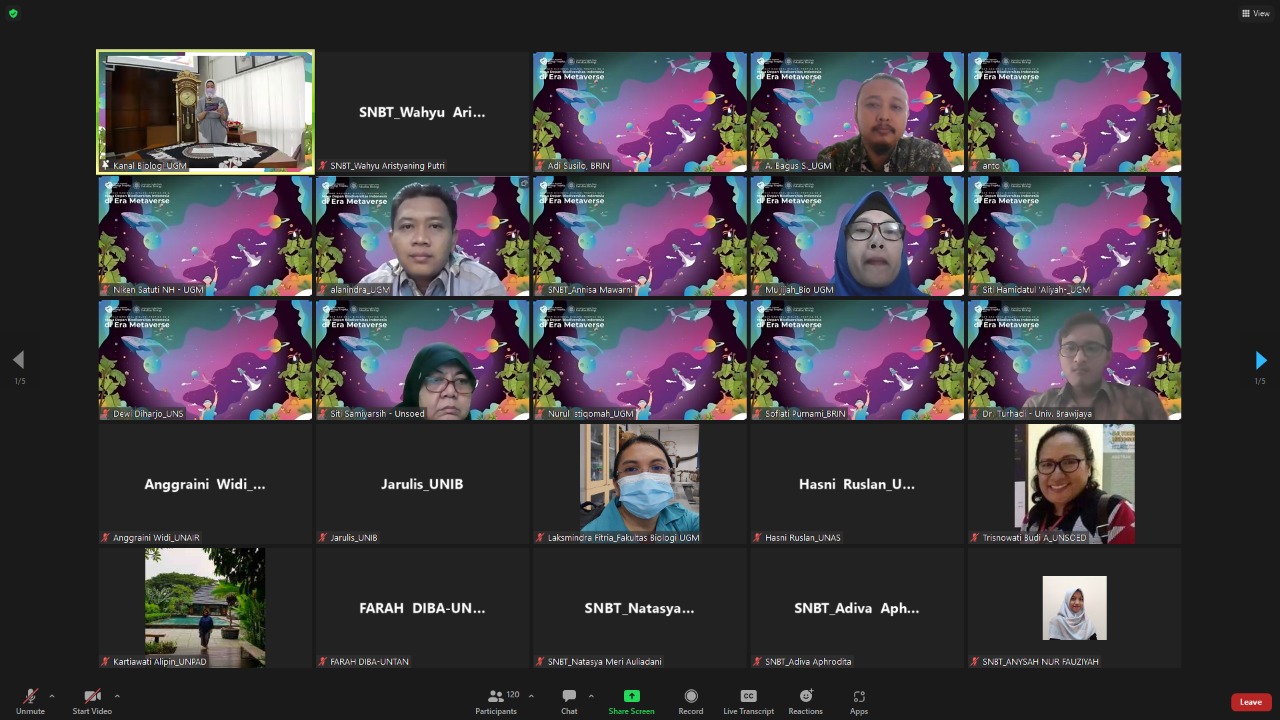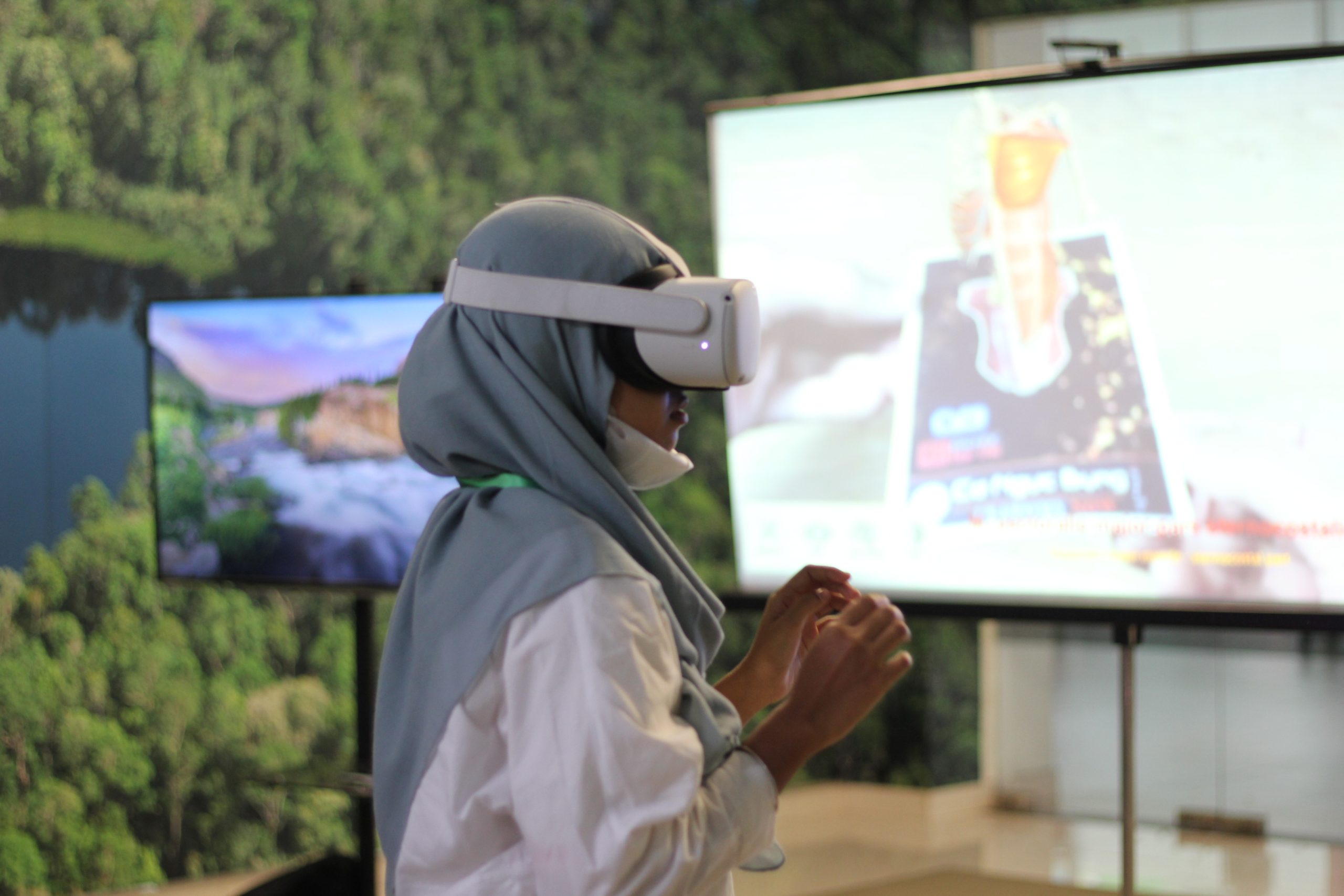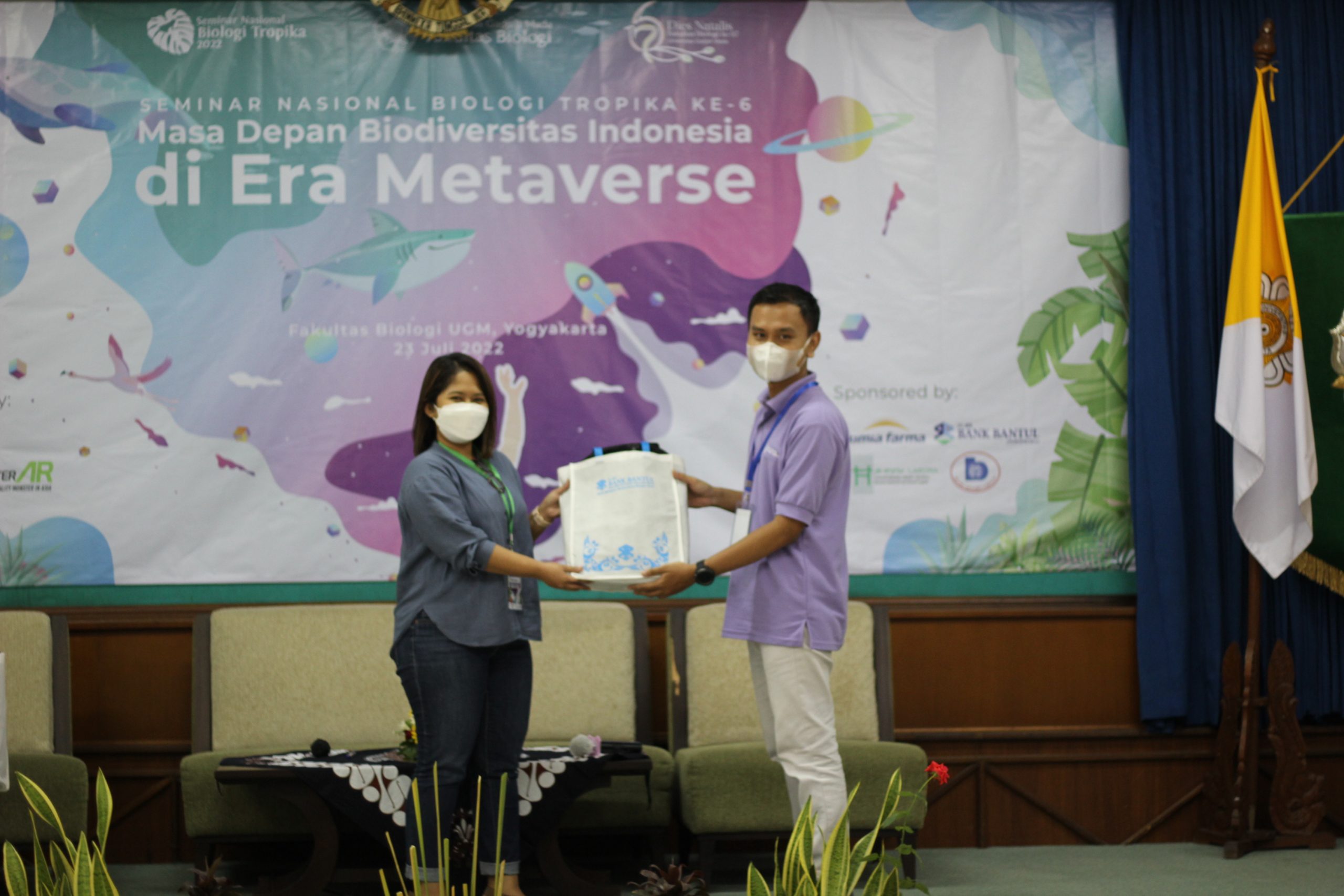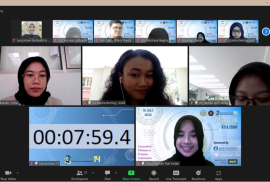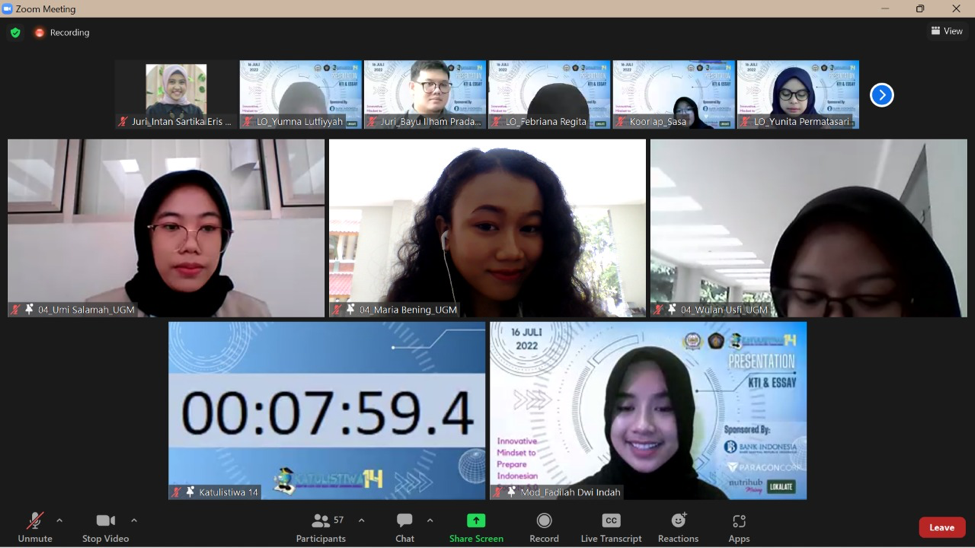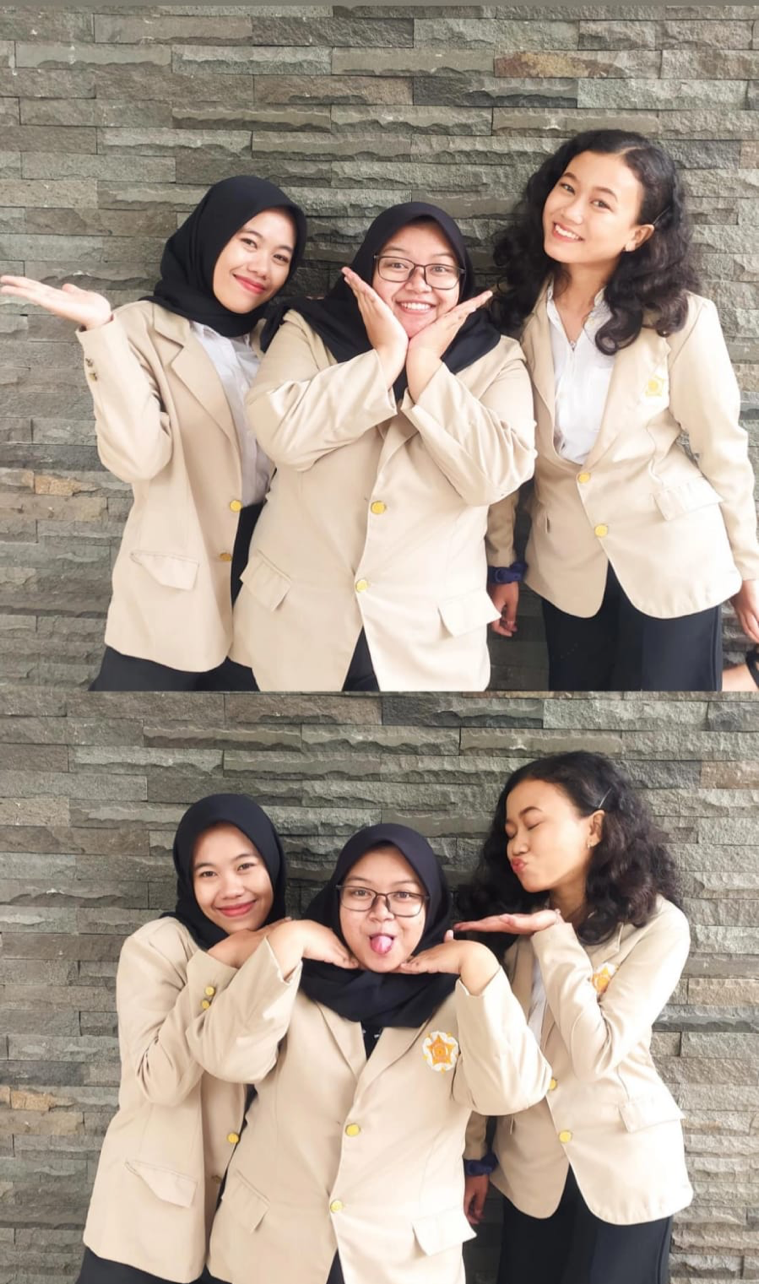Bimo Rizki Abdusshamad or more often called Bimo was successfully selected to participate in the Indonesian International Mobility Awards (IISMA) at the University of California, Davis (UC Davis). IISMA is a scholarship program from the Indonesian government that provides opportunities for students to study abroad. Bimo started the selection process in the middle of semester 4 by registering through the official IISMA website. Next, Bimo was asked to choose the course and university he was interested in. The IISMA registration process was also assisted by the Faculty of Biology such as providing letters of recommendation and approval regarding courses to be taken at Host University so that credit transfers can be made. Furthermore, Bimo also did an English proficiency test, made a SKCK, wrote an essay question such as academic and non-academic achievments, plans to engage with local and international communities during IISMA program, and reasons for joining the IISMA program. All files were then sent to the university through the Office of International Affairs (OIA UGM) and the Ministry of Education through the IISMA website. In addition to files, the selection process also includes a “kebhinekaan” test and interview session. The final selection results had been announced on May 15, 2022.
One of the reasons that made Bimo choose UC Davis as an IISMA host university was because this university has departments and research related to agriculture and food science. Interested in coffee had brought him to UC Davis, which is famous for its course design of coffee by analyzing coffee using sensors and chemical engineering. It is a matter of pride for Bimo to be at UC Davis. Besides UC Davis, there are many great places and locations around California to visit, such as San Francisco, Los Angeles, and Sacramento. In addition, Bimo also considered the experience in America to be a great journey, because many top-global leading companies and businesses come from here.
Bimo’s journey to take part in IISMA begins on July 24, 2022. Bimo departed from Semarang to Jakarta to gather with all other IISMA participants. The trip from Jakarta to the USA was carried out the next day after a release meeting was held by IISMA representatives. IISMA participants made one transit in Taipei until finally the journey continued to San Francisco. During his studies in the USA, Bimo felt difficult to adapt to US food and to the various shops there which closed quite early. However, behind the sorrow he experienced, there were many joys that Bimo felt, such as having new relationships from various circles, living with the host family who often took him around to see orchestras, visit peach farms, and visit various famous places in New York, such as the Statue of Liberty and Empire State Building. Bimo’s hope after participating in the IISMA activity is to open a start-up regarding coffee and be able to introduce Indonesian coffee abroad, especially America. Bimo hopes to be present at the coffee exhibition in San Francisco, and will be a committee at the coffee stand as a representation of the Consulate General of the Republic of Indonesia located in San Francisco. Bimo hopes to expand his connections and open a path to introduce the American audience to Indonesian coffee.

